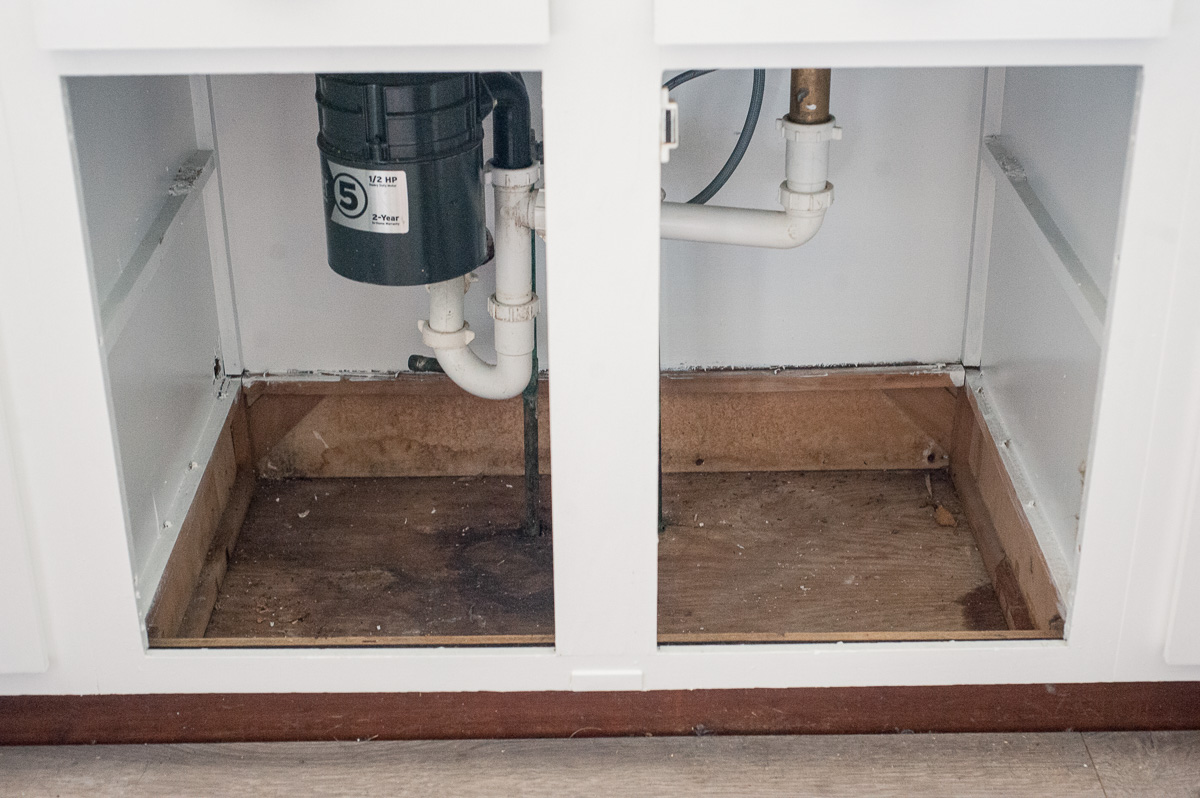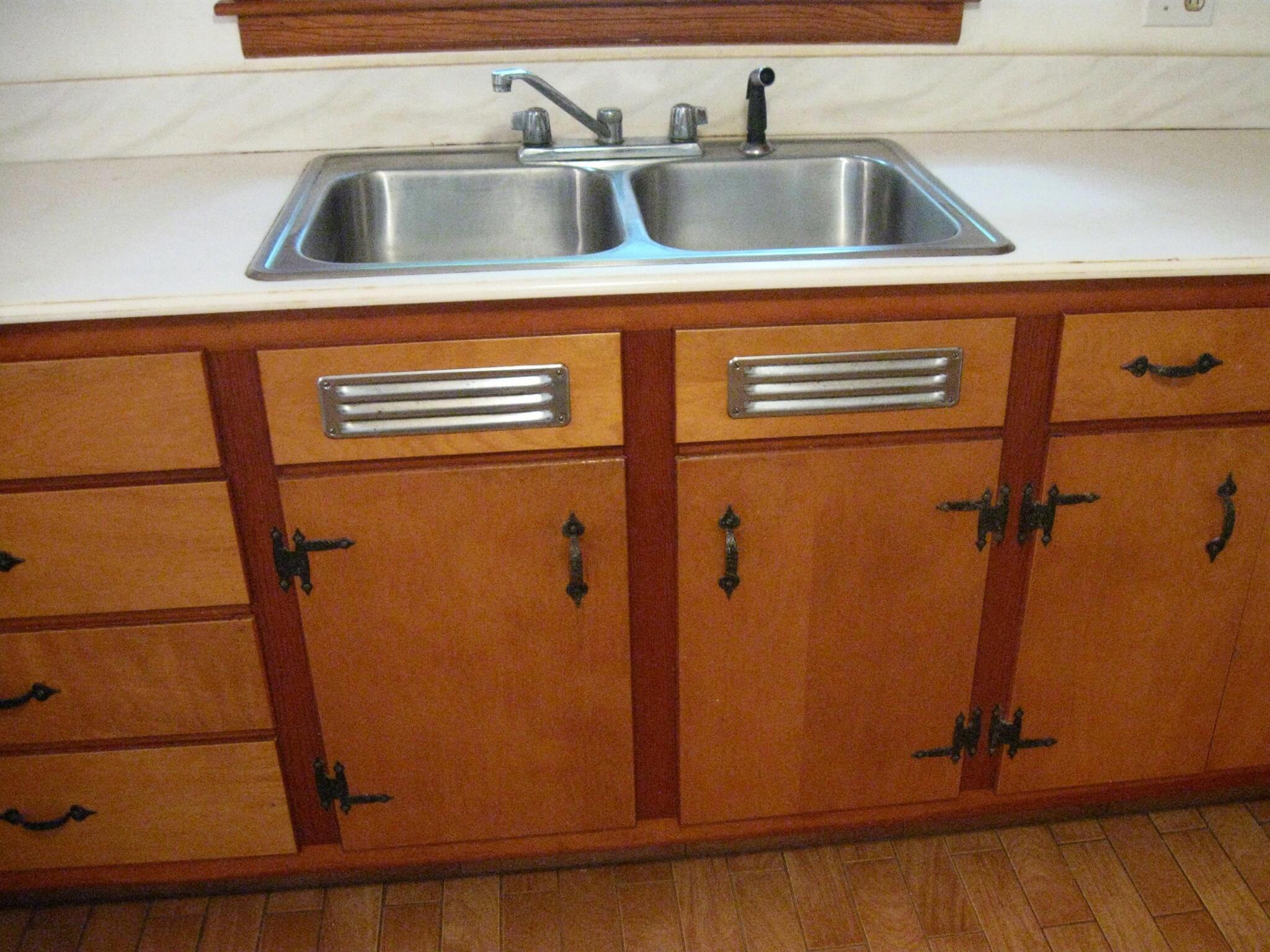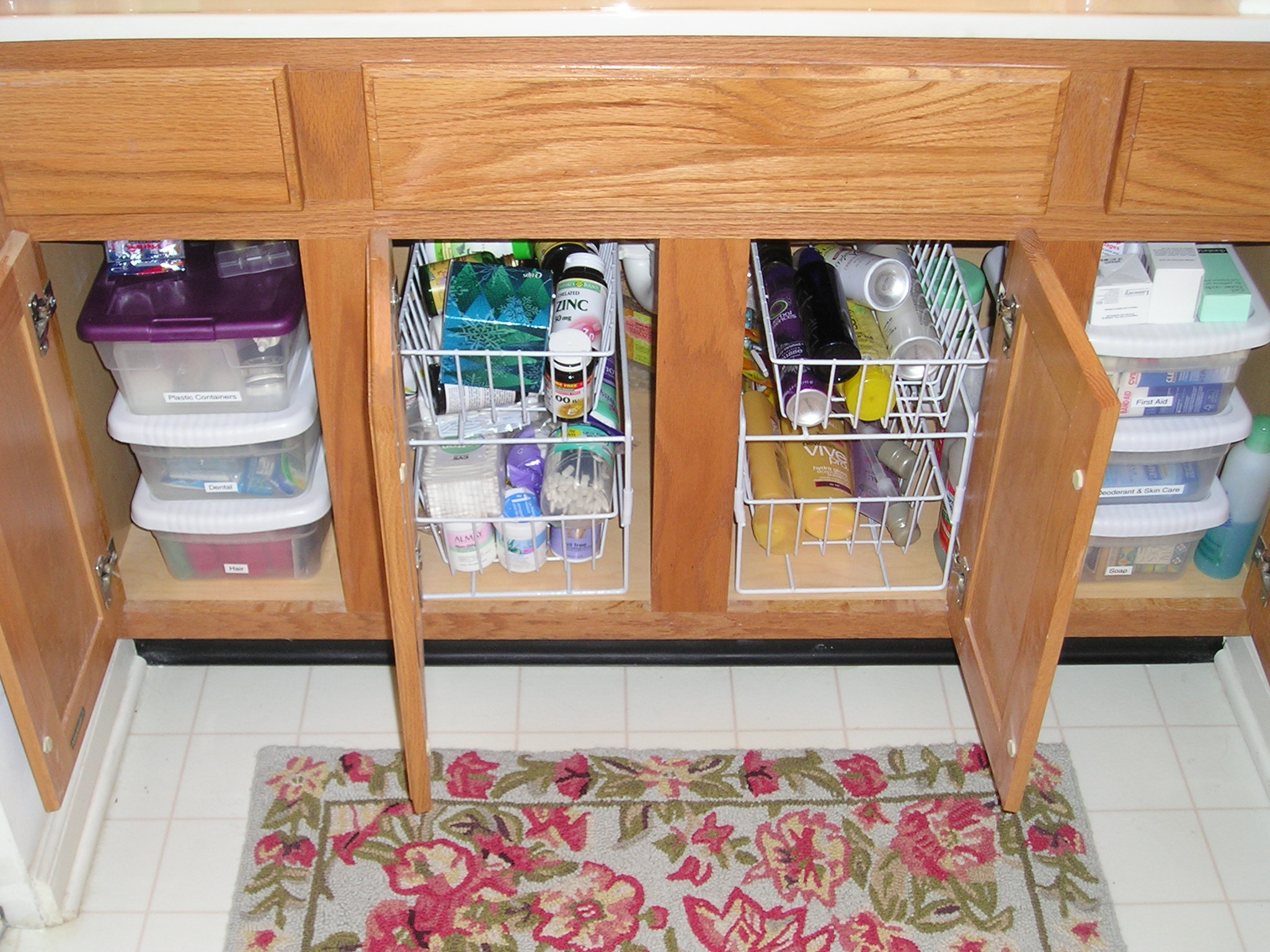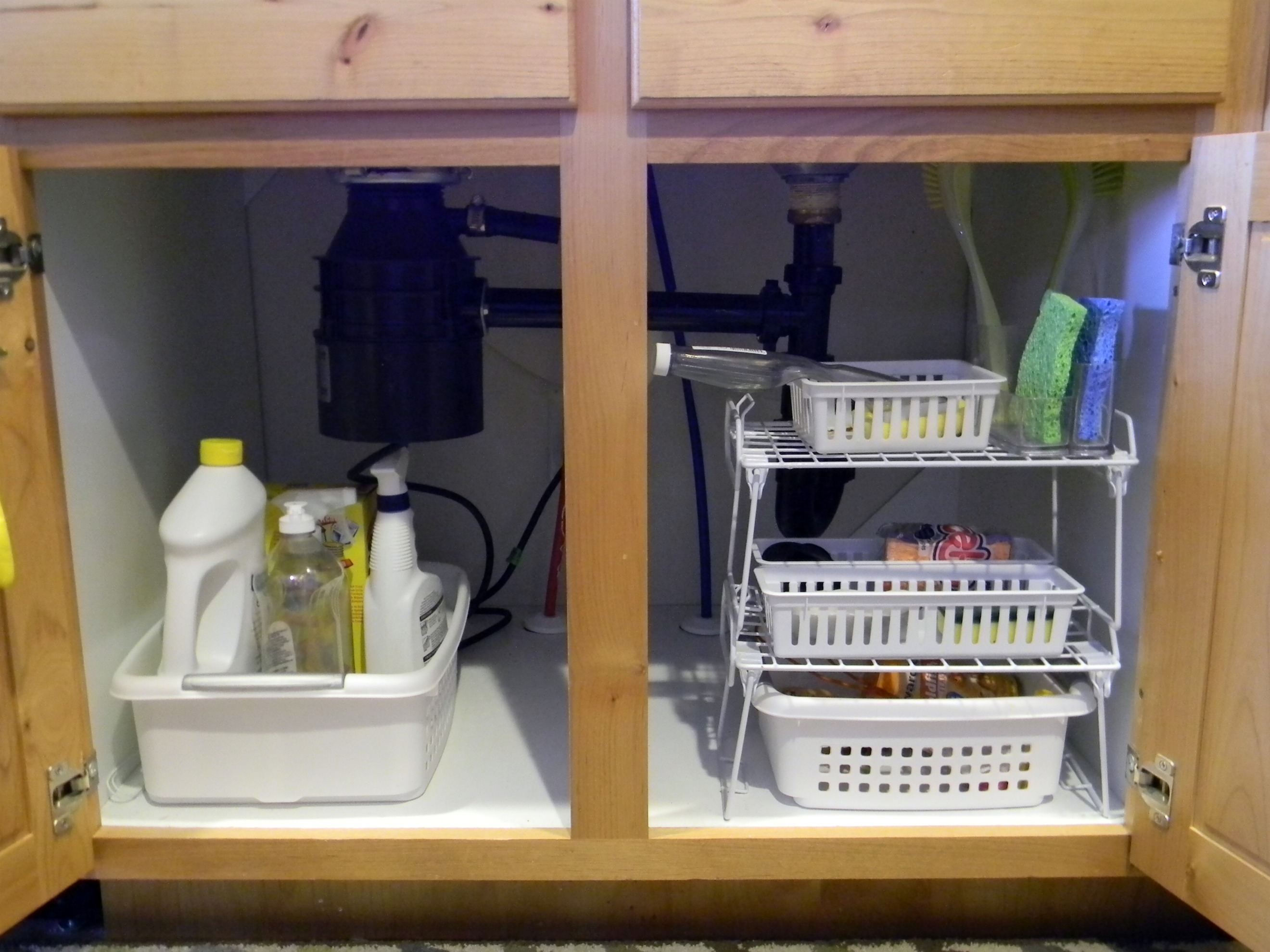The septic tank is a crucial component of a home's plumbing system. It is responsible for collecting and treating wastewater from the household before it is released into the environment. However, when not properly maintained, a septic tank can become a source of unpleasant odors, particularly under the kitchen sink. In this article, we will discuss the top 10 causes of septic smell under the kitchen sink and how to address them.Septic Tank: A Potential Source of Kitchen Sink Odor
The septic system consists of a septic tank, drain field, and connecting pipes. Wastewater from the kitchen sink, bathroom, and laundry room flows into the septic tank, where solid waste settles at the bottom and grease and oils float to the top. The remaining liquid is then released into the drain field, where it is further filtered and treated before being absorbed into the soil.Understanding the Septic System
If you notice a foul odor coming from under your kitchen sink, it could be a sign of a problem with your septic system. The smell is often described as a rotten egg or sulfur-like odor and is caused by the buildup of hydrogen sulfide gas. Ignoring the smell can lead to more significant issues and expensive repairs in the future.Septic Smell: A Sign of Trouble
The kitchen sink is one of the most used drains in a household, making it prone to clogs and buildup. Food scraps, grease, and oils can all contribute to the production of hydrogen sulfide gas, resulting in a septic smell under the sink. Here are the top 10 reasons for septic smell under the kitchen sink and how to address them.Kitchen Sink: A Common Source of Septic Smell
The most common cause of septic smell under the kitchen sink is a clogged drain. Food scraps, grease, and oils can all accumulate in the drain and cause a blockage. As a result, the wastewater cannot flow freely, leading to stagnant water and the production of hydrogen sulfide gas. To address this issue, use a plunger or a drain snake to remove the clog.1. Clogged Drain
A leaking pipe under the kitchen sink can also be a source of septic smell. Over time, the constant exposure to moisture can cause pipes to corrode or develop cracks, which can lead to leaks. The stagnant water from the leak can then produce a foul odor. It is essential to fix any leaks immediately to prevent further damage.2. Leaking Pipe
The P-trap is a U-shaped pipe located under the sink that is designed to hold a small amount of water to prevent sewer gases from entering the house. If the water in the P-trap evaporates, it can allow the sewer gases to escape, resulting in a septic smell. To fix this issue, pour water down the drain to refill the P-trap.3. Dry P-Trap
Every plumbing fixture in a home should be connected to a vent pipe that allows air to flow through the system. The vent pipe prevents the buildup of pressure in the pipes and allows sewer gases to escape outside. If the vent pipe is clogged or damaged, it can cause a septic smell under the kitchen sink. In this case, it is best to call a professional plumber to assess and fix the issue.4. Improper Venting
Another common cause of septic smell under the kitchen sink is an old garbage disposal. Over time, food scraps can accumulate in the disposal, leading to a buildup of bacteria and the production of hydrogen sulfide gas. Consider replacing an old garbage disposal with a newer, more efficient model to prevent this issue.5. Old Garbage Disposal
If your dishwasher is not functioning correctly, it can also contribute to a septic smell under the kitchen sink. Dishwashers are connected to the plumbing system and can cause clogs or leaks if not maintained properly. Regularly clean the dishwasher and its filter to prevent any buildup that can lead to a septic smell.6. Malfunctioning Dishwasher
The Causes of a Septic Smell Under Your Kitchen Sink and How to Address Them

What is that Unpleasant Smell?
 If you've noticed a strong, unpleasant smell coming from under your kitchen sink, chances are it's a septic smell. This can be a common issue for many homeowners and can be caused by a variety of factors. The first step in addressing this problem is to determine the cause of the smell.
If you've noticed a strong, unpleasant smell coming from under your kitchen sink, chances are it's a septic smell. This can be a common issue for many homeowners and can be caused by a variety of factors. The first step in addressing this problem is to determine the cause of the smell.
Causes of a Septic Smell Under Your Kitchen Sink
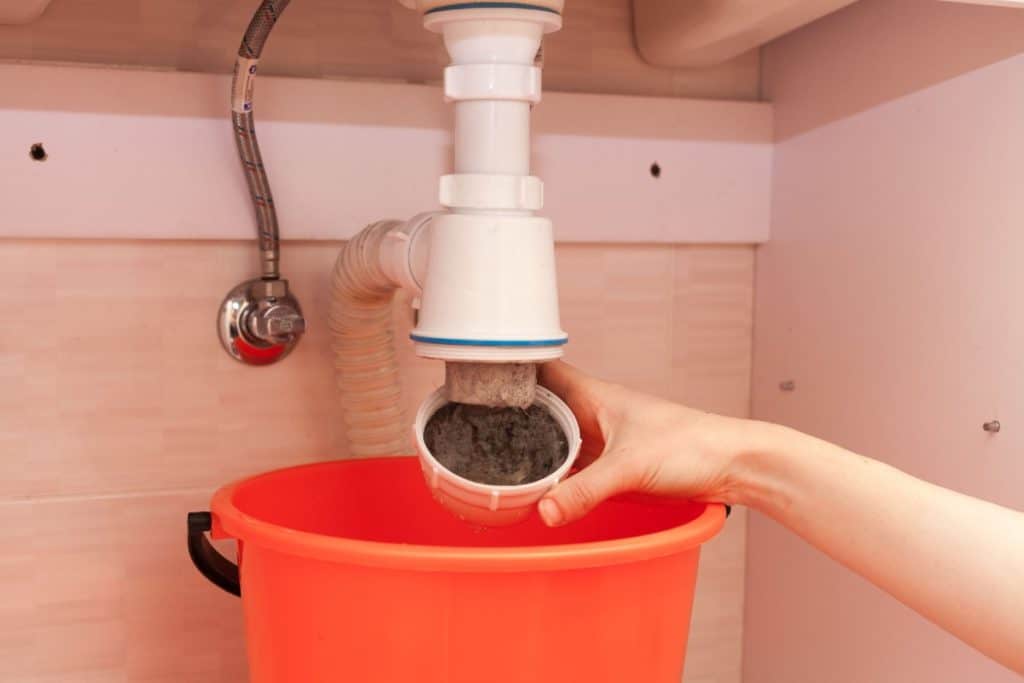 1. Clogged Drain
One of the most common causes of a septic smell under the kitchen sink is a clogged drain. Over time, food particles, grease, and other debris can build up in your drains, causing them to become clogged. This can lead to a backup of wastewater and a foul smell. To prevent this, make sure to regularly clean out your drains and avoid pouring grease or food scraps down the drain.
2. Leaky Pipes
Another culprit of a septic smell under the kitchen sink could be leaky pipes. If you notice any water stains or puddles under your sink, it's likely that you have a leak. Not only can this cause a foul smell, but it can also lead to more serious issues if left untreated. It's important to address any leaks as soon as possible to prevent further damage.
3. Improper Ventilation
Proper ventilation is crucial for keeping septic smells at bay. If your kitchen sink doesn't have adequate ventilation, it can lead to a buildup of gases that can cause a strong odor. Installing a vent or checking your current vent for blockages can help alleviate this issue.
1. Clogged Drain
One of the most common causes of a septic smell under the kitchen sink is a clogged drain. Over time, food particles, grease, and other debris can build up in your drains, causing them to become clogged. This can lead to a backup of wastewater and a foul smell. To prevent this, make sure to regularly clean out your drains and avoid pouring grease or food scraps down the drain.
2. Leaky Pipes
Another culprit of a septic smell under the kitchen sink could be leaky pipes. If you notice any water stains or puddles under your sink, it's likely that you have a leak. Not only can this cause a foul smell, but it can also lead to more serious issues if left untreated. It's important to address any leaks as soon as possible to prevent further damage.
3. Improper Ventilation
Proper ventilation is crucial for keeping septic smells at bay. If your kitchen sink doesn't have adequate ventilation, it can lead to a buildup of gases that can cause a strong odor. Installing a vent or checking your current vent for blockages can help alleviate this issue.
How to Address a Septic Smell Under Your Kitchen Sink
 1. Clean Your Drain
The first step in addressing a septic smell under your kitchen sink is to clean your drain. This can be done using a mixture of hot water, baking soda, and vinegar. Let the mixture sit in the drain for a few minutes before flushing it with hot water. This can help remove any buildup and eliminate the smell.
2. Fix Leaky Pipes
If you have leaky pipes, it's important to get them fixed as soon as possible. Depending on the severity of the leak, you may need to call a professional plumber to repair or replace the pipes. This will not only get rid of the smell but also prevent further damage to your home.
3. Improve Ventilation
Improving ventilation can help prevent septic smells from occurring under your kitchen sink. If you don't have a vent, consider installing one or checking your current vent for any blockages. This will allow gases to escape and prevent them from causing a foul smell.
In conclusion, a septic smell under your kitchen sink can be caused by a variety of factors such as clogged drains, leaky pipes, and improper ventilation. By addressing the root cause and taking preventative measures, you can eliminate the unpleasant smell and keep your kitchen smelling fresh. If the smell persists or you're unsure of the cause, it's best to consult a professional plumber for assistance.
1. Clean Your Drain
The first step in addressing a septic smell under your kitchen sink is to clean your drain. This can be done using a mixture of hot water, baking soda, and vinegar. Let the mixture sit in the drain for a few minutes before flushing it with hot water. This can help remove any buildup and eliminate the smell.
2. Fix Leaky Pipes
If you have leaky pipes, it's important to get them fixed as soon as possible. Depending on the severity of the leak, you may need to call a professional plumber to repair or replace the pipes. This will not only get rid of the smell but also prevent further damage to your home.
3. Improve Ventilation
Improving ventilation can help prevent septic smells from occurring under your kitchen sink. If you don't have a vent, consider installing one or checking your current vent for any blockages. This will allow gases to escape and prevent them from causing a foul smell.
In conclusion, a septic smell under your kitchen sink can be caused by a variety of factors such as clogged drains, leaky pipes, and improper ventilation. By addressing the root cause and taking preventative measures, you can eliminate the unpleasant smell and keep your kitchen smelling fresh. If the smell persists or you're unsure of the cause, it's best to consult a professional plumber for assistance.

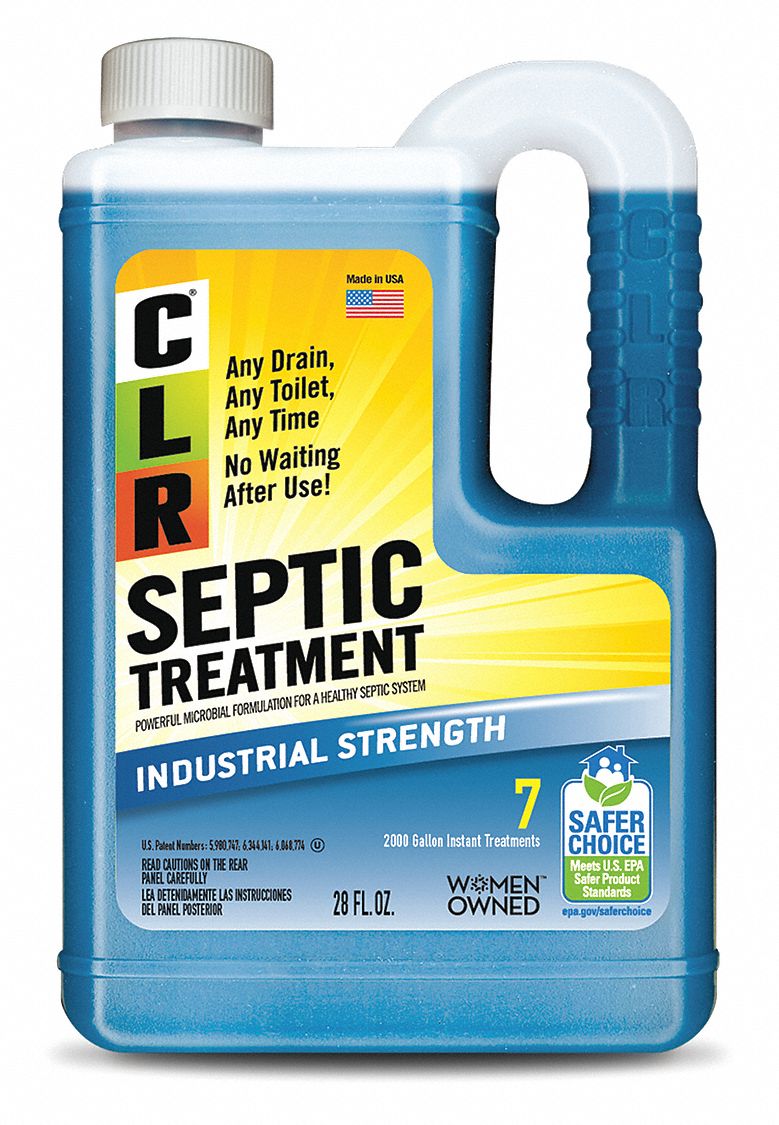
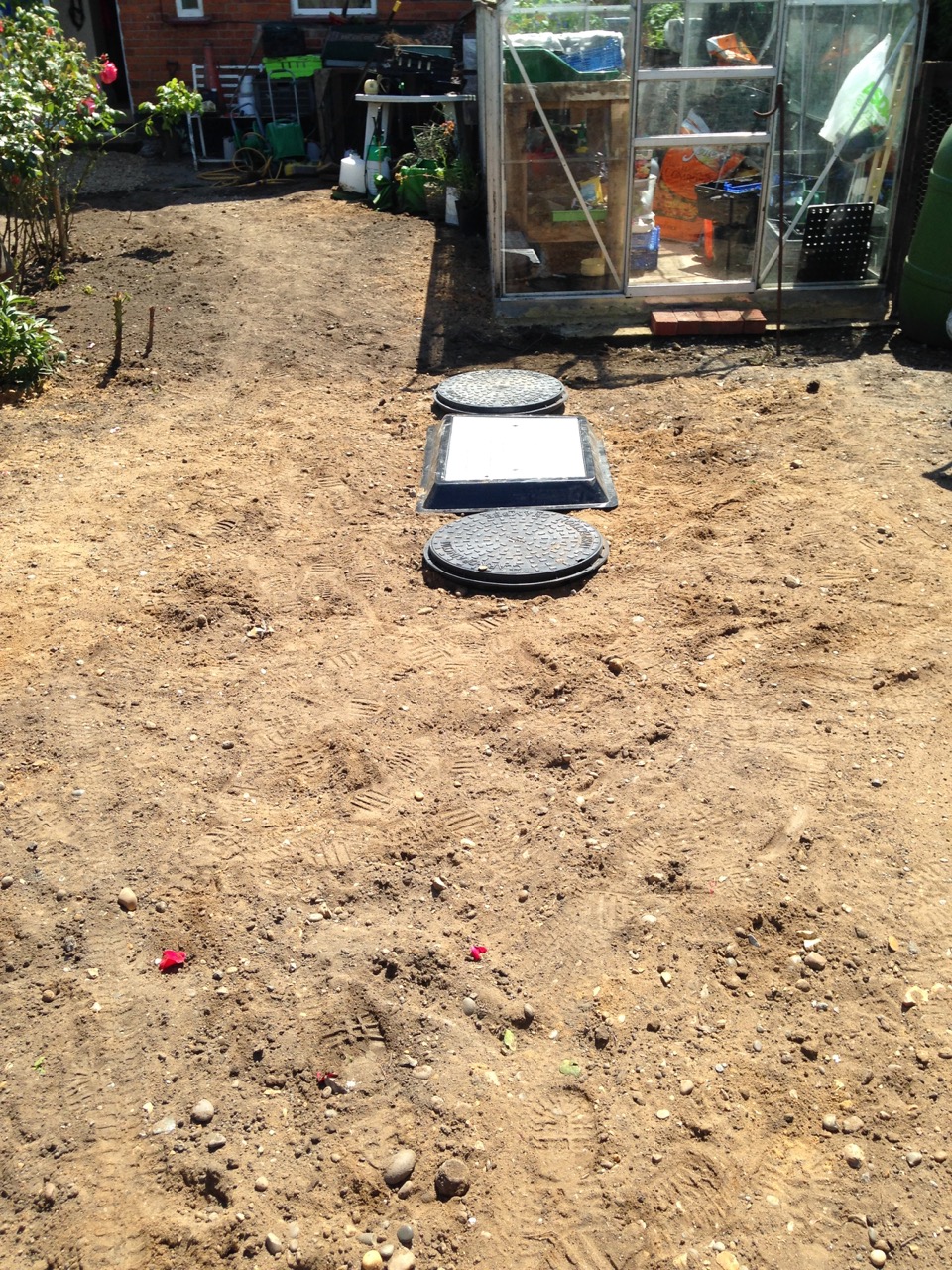
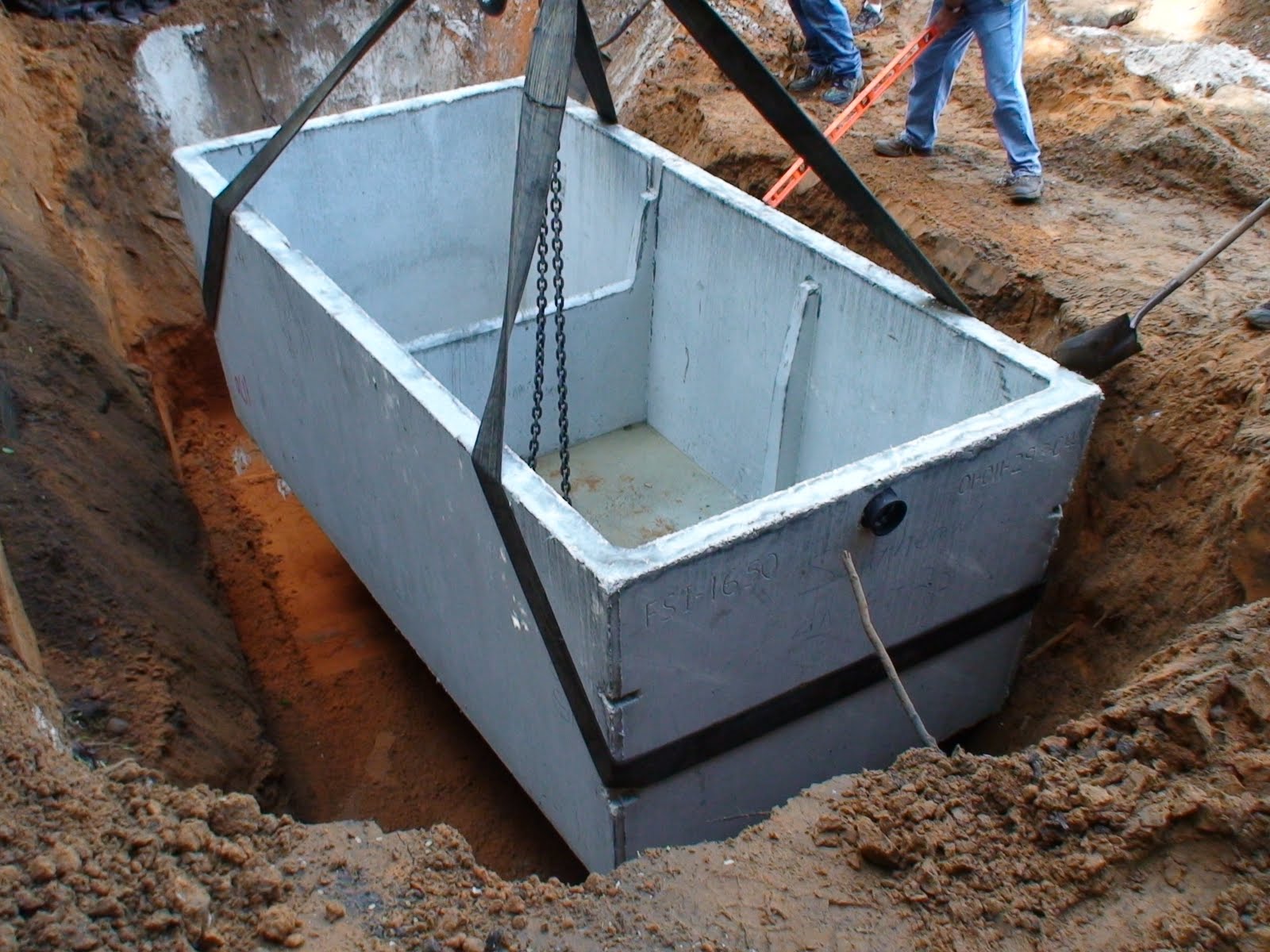




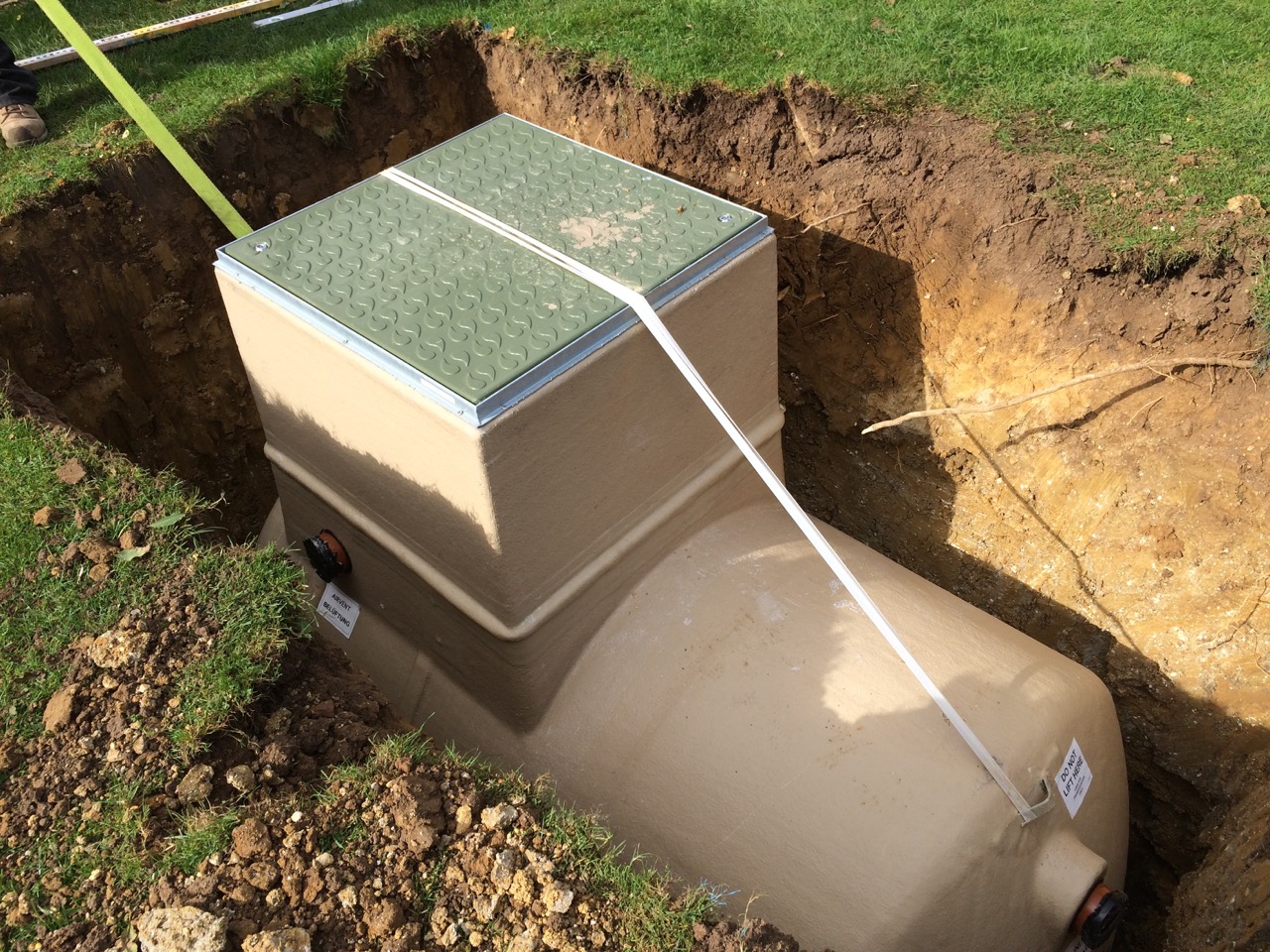

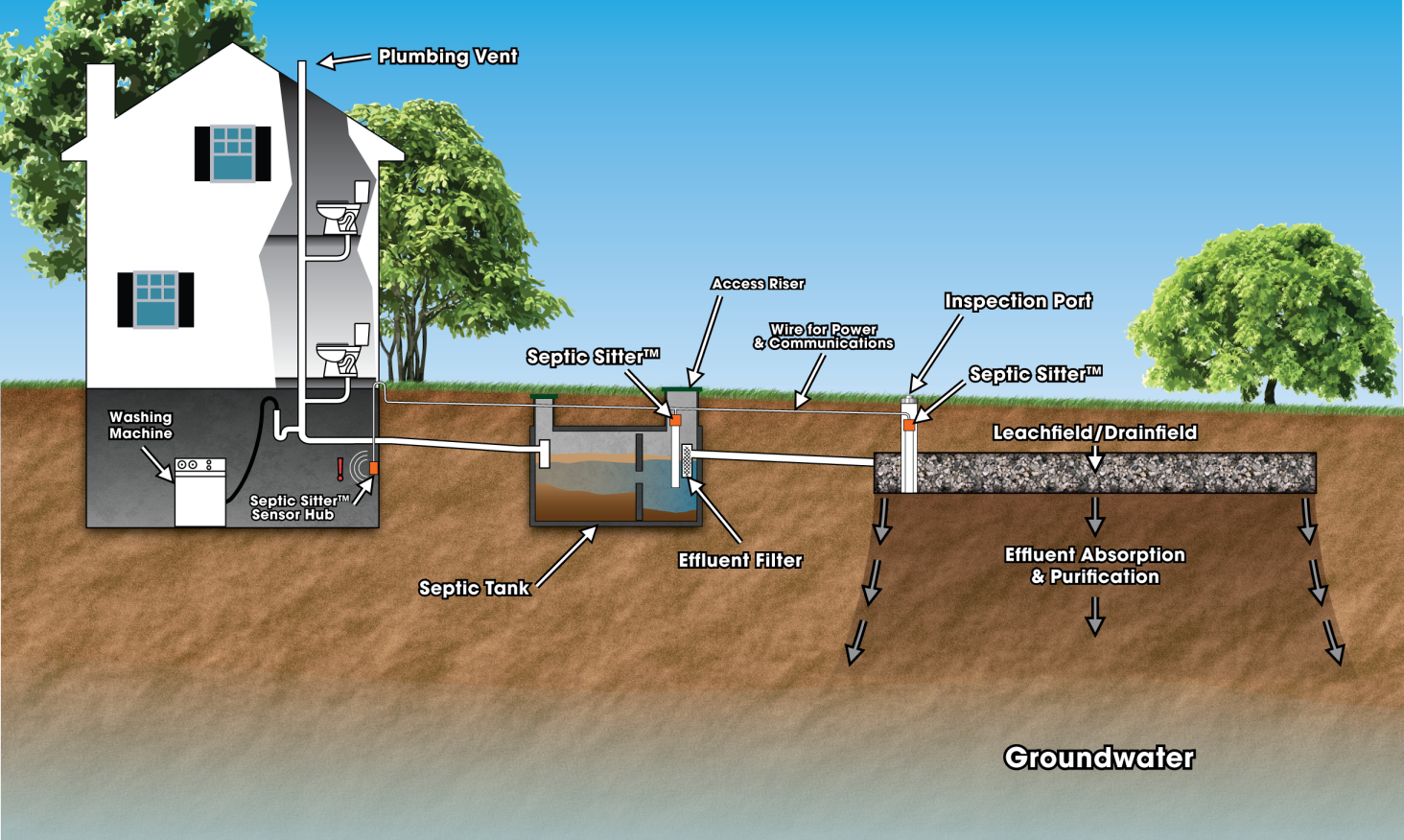





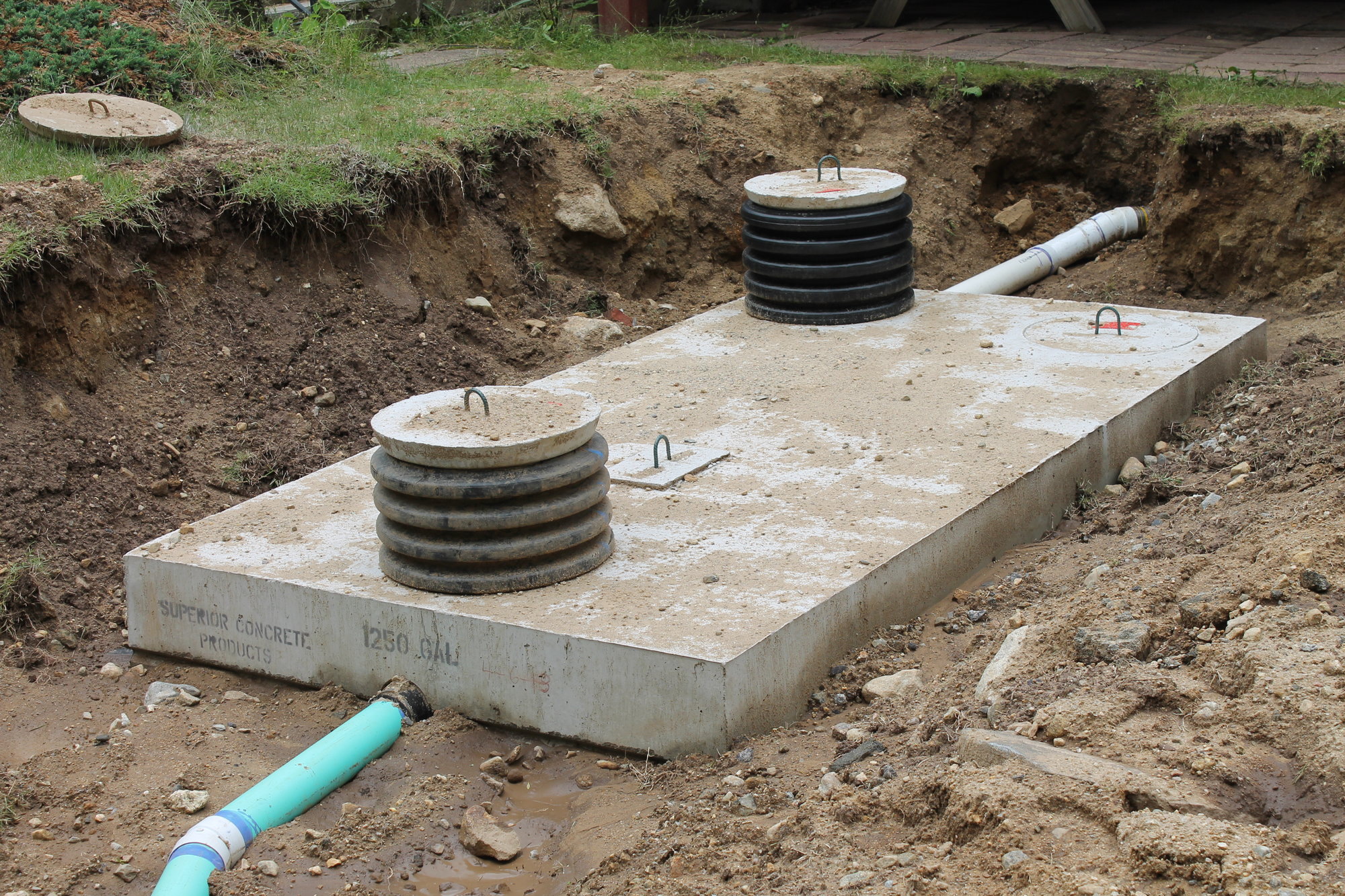

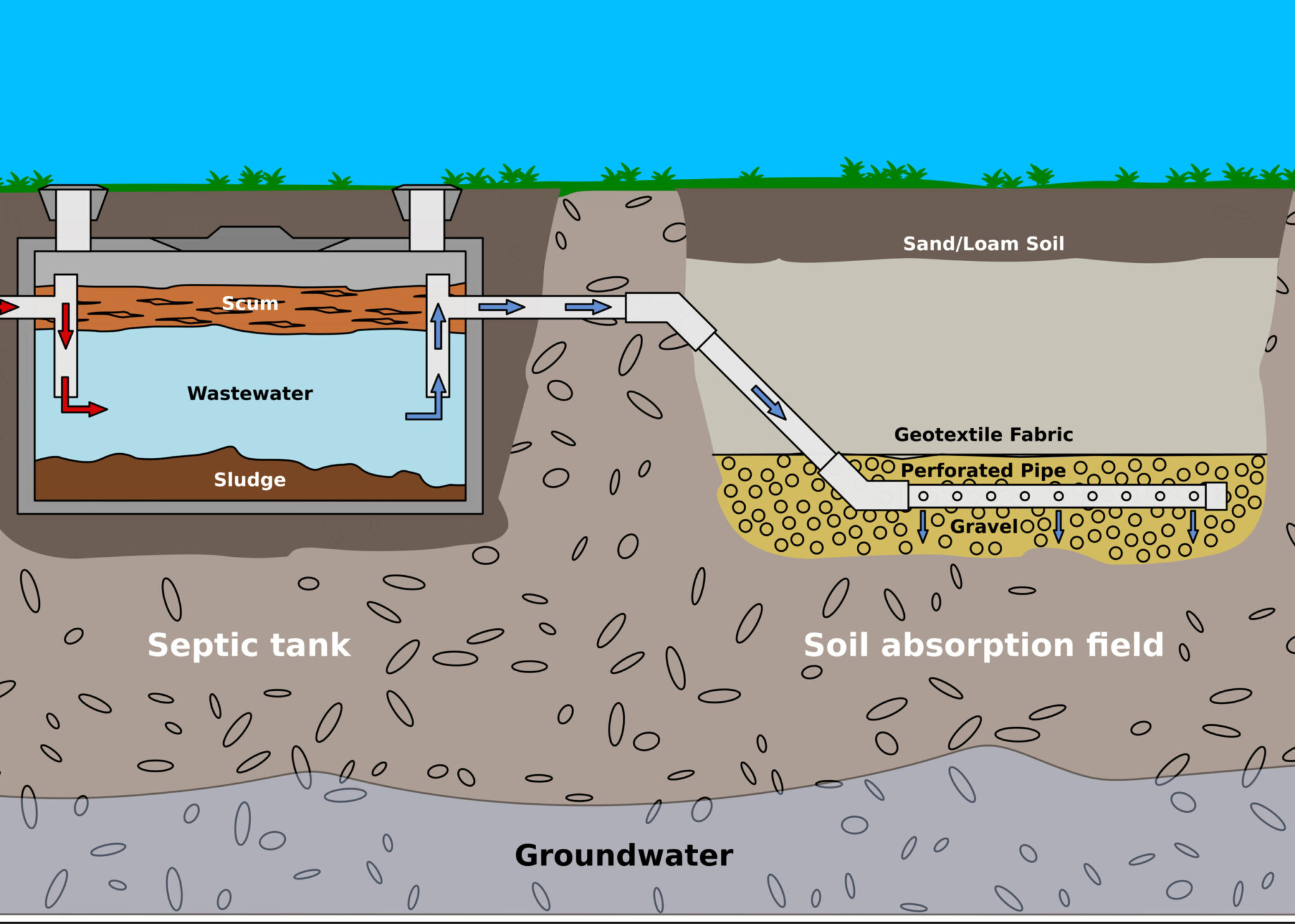
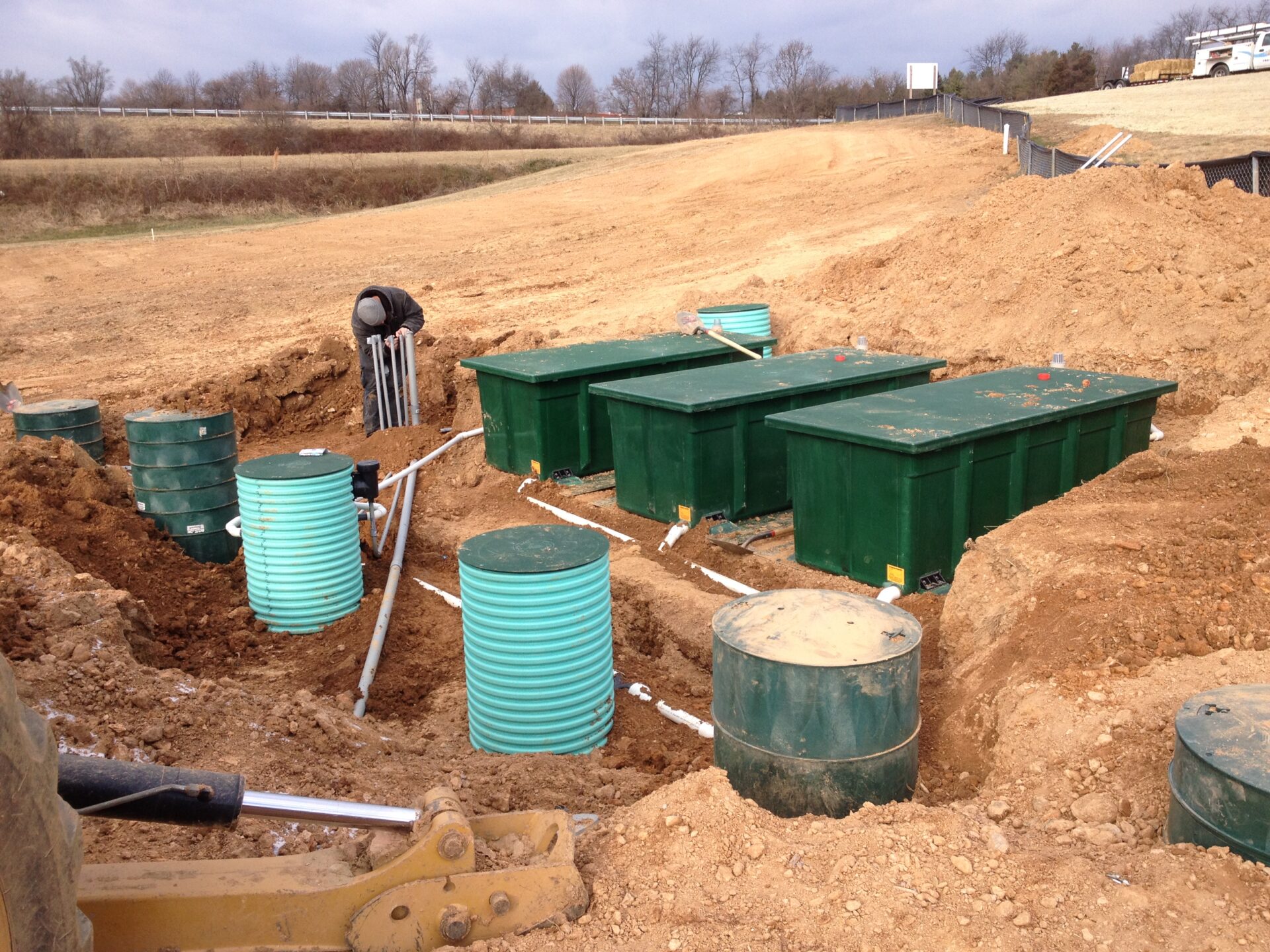


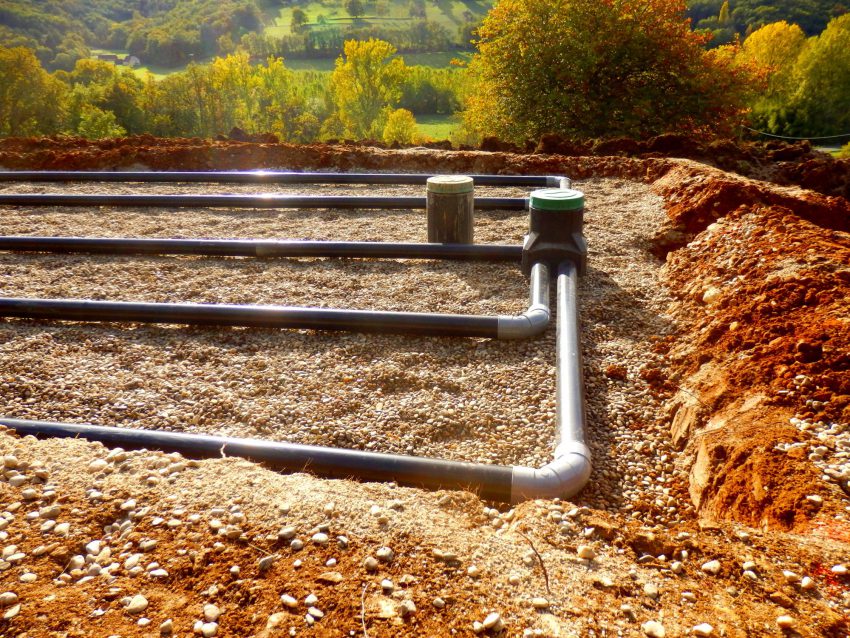
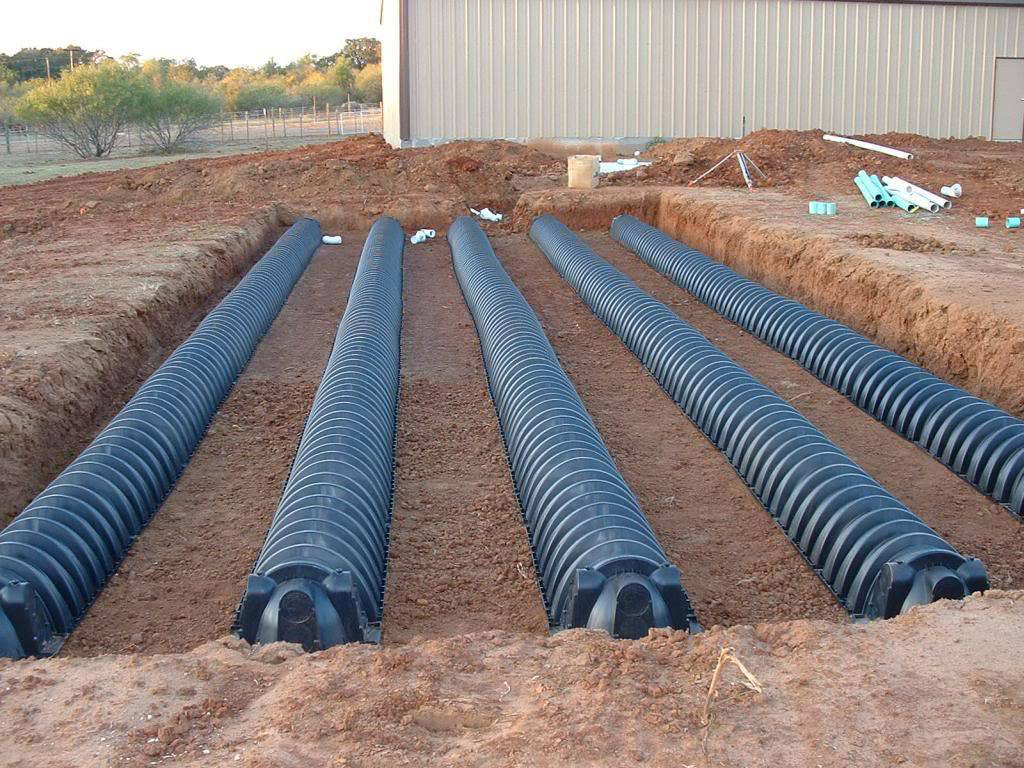
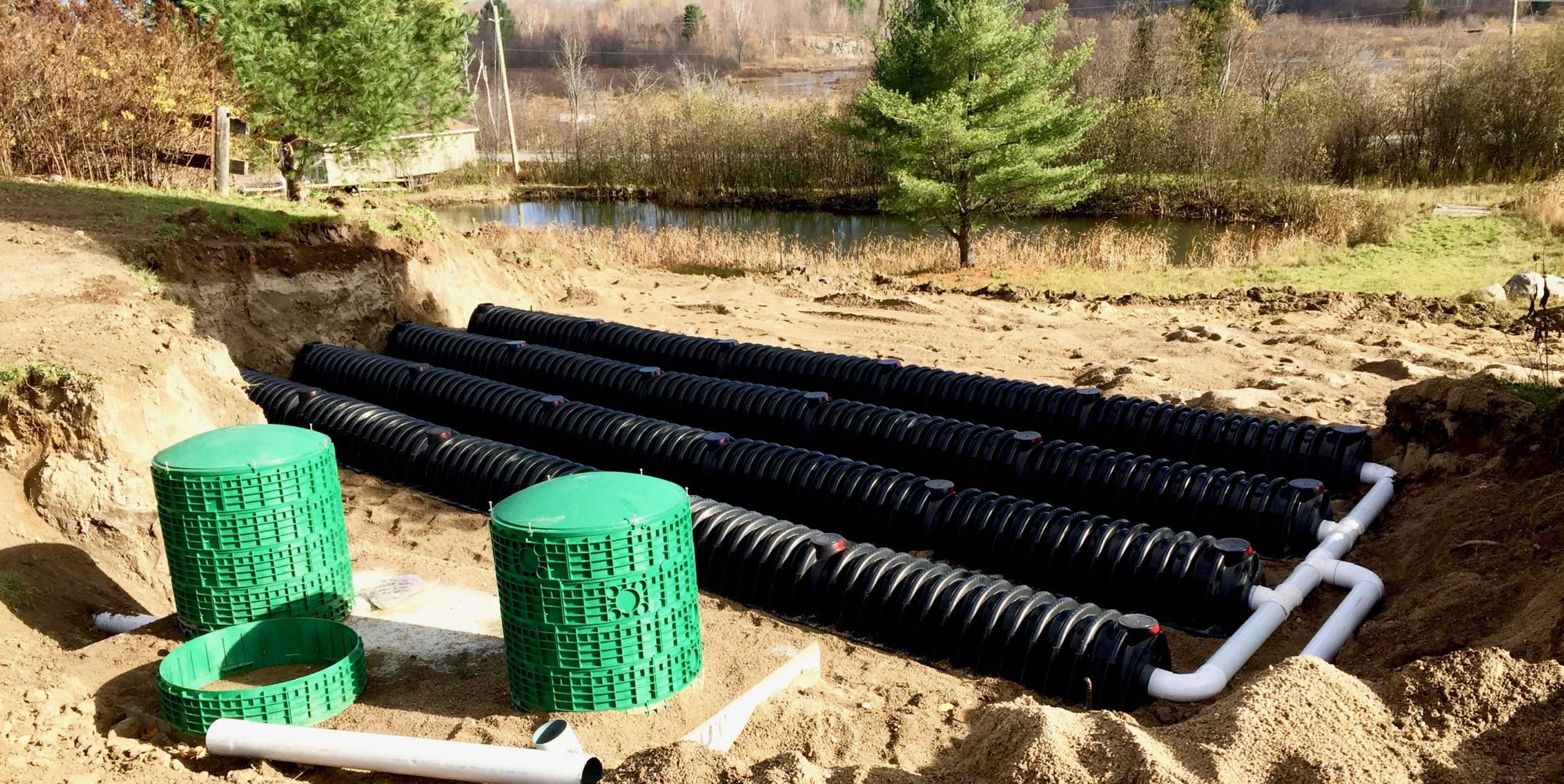
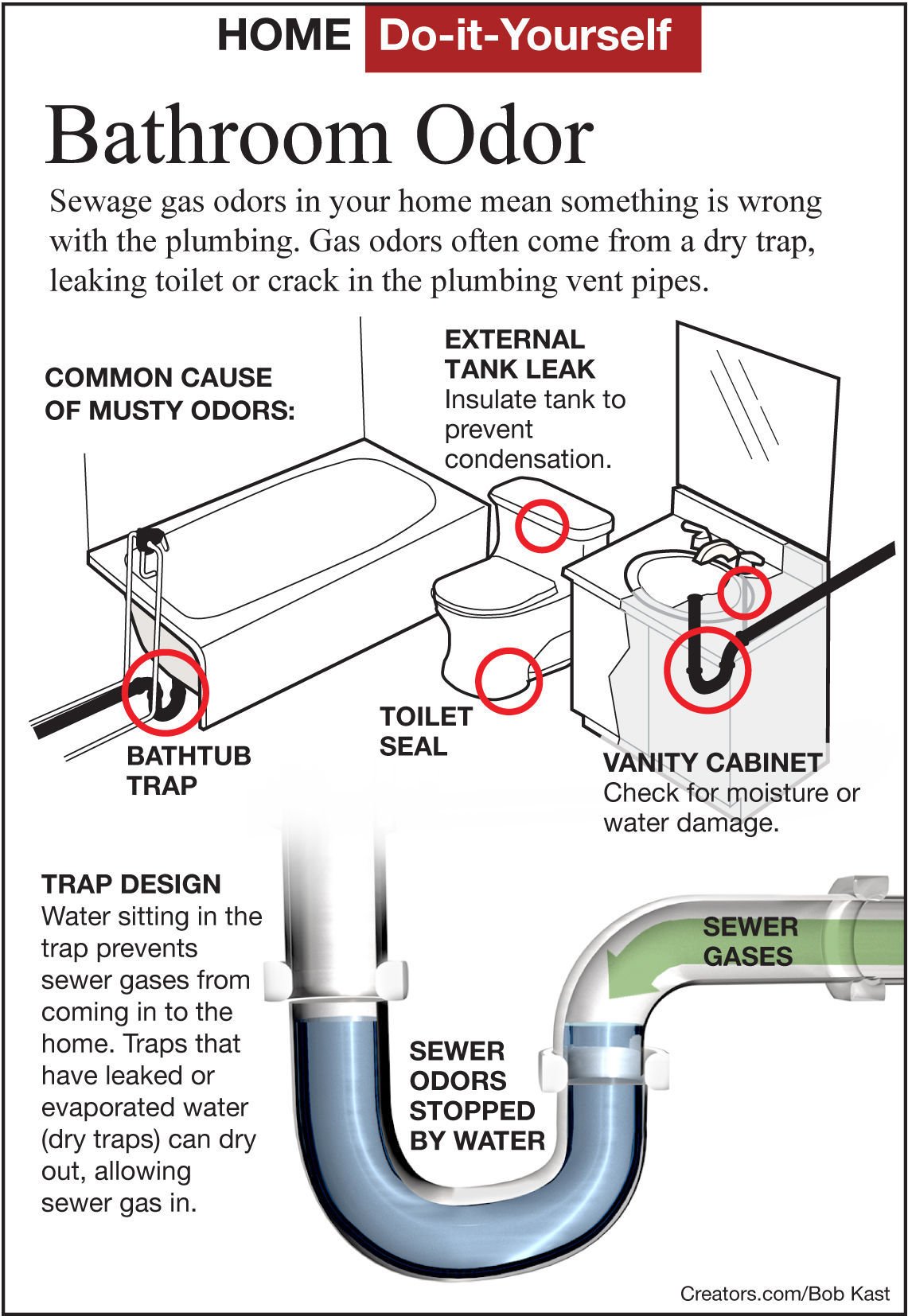

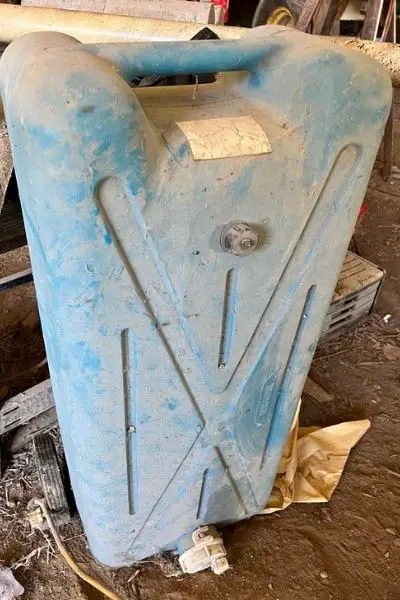
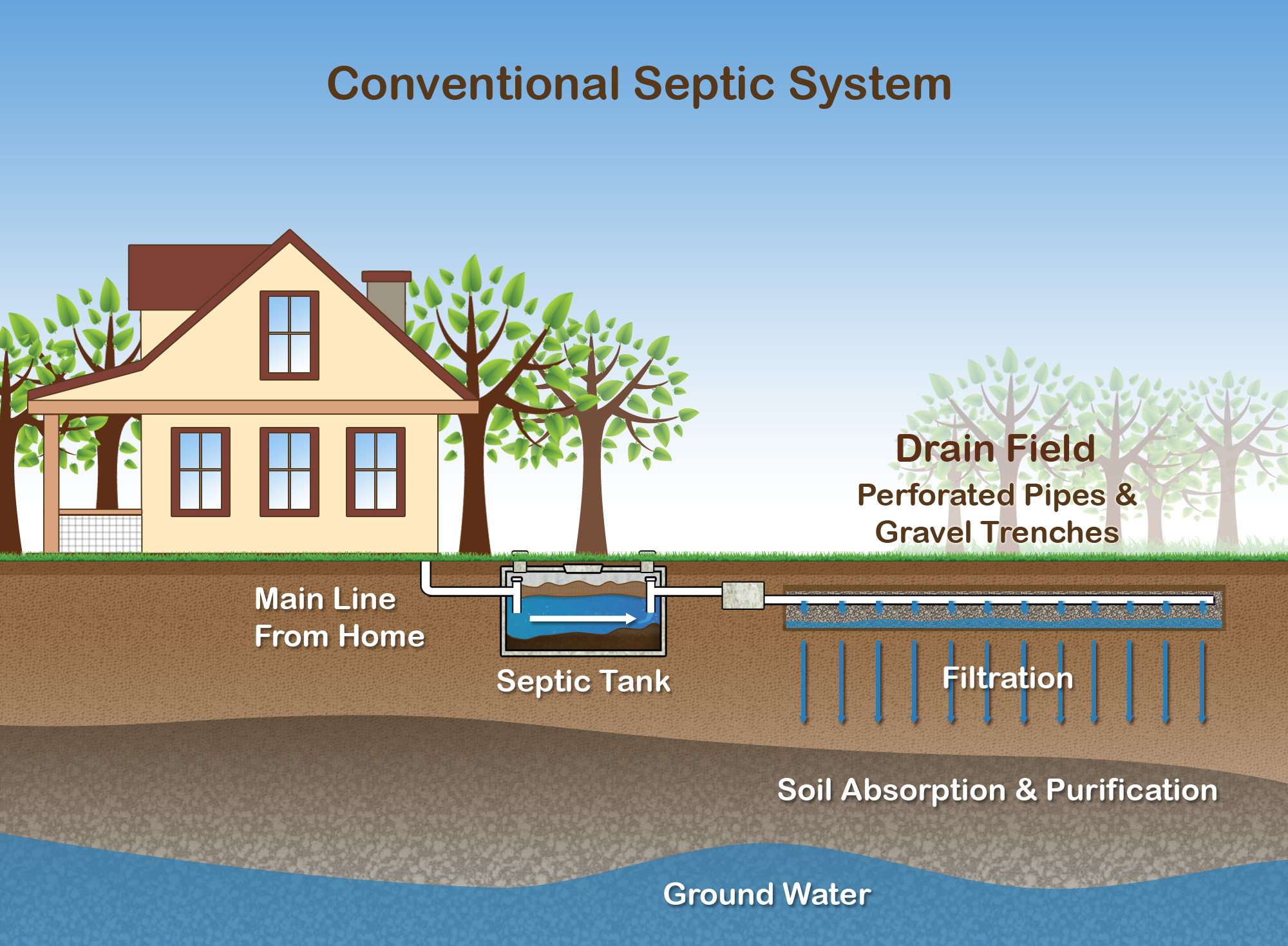


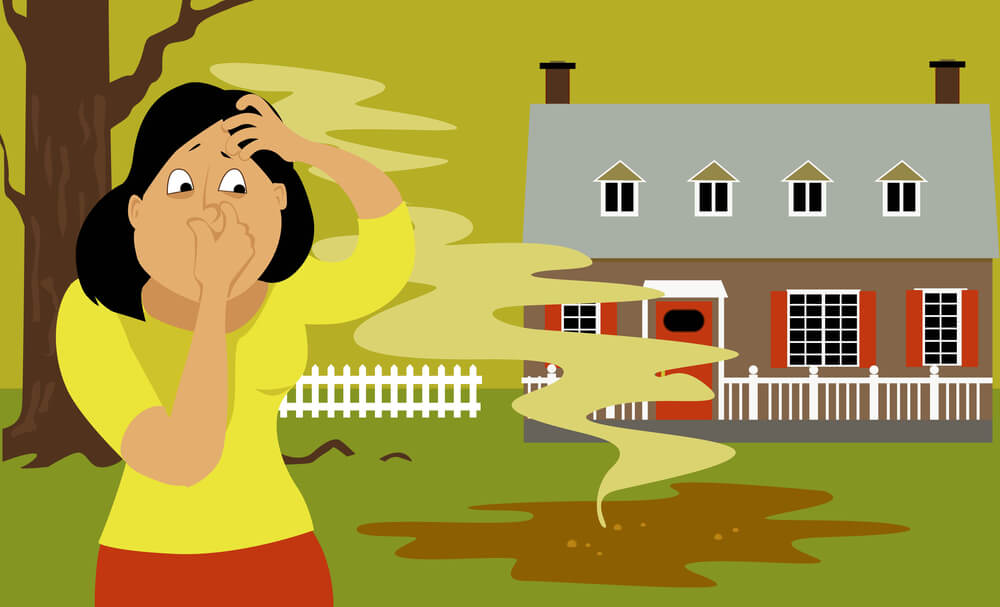
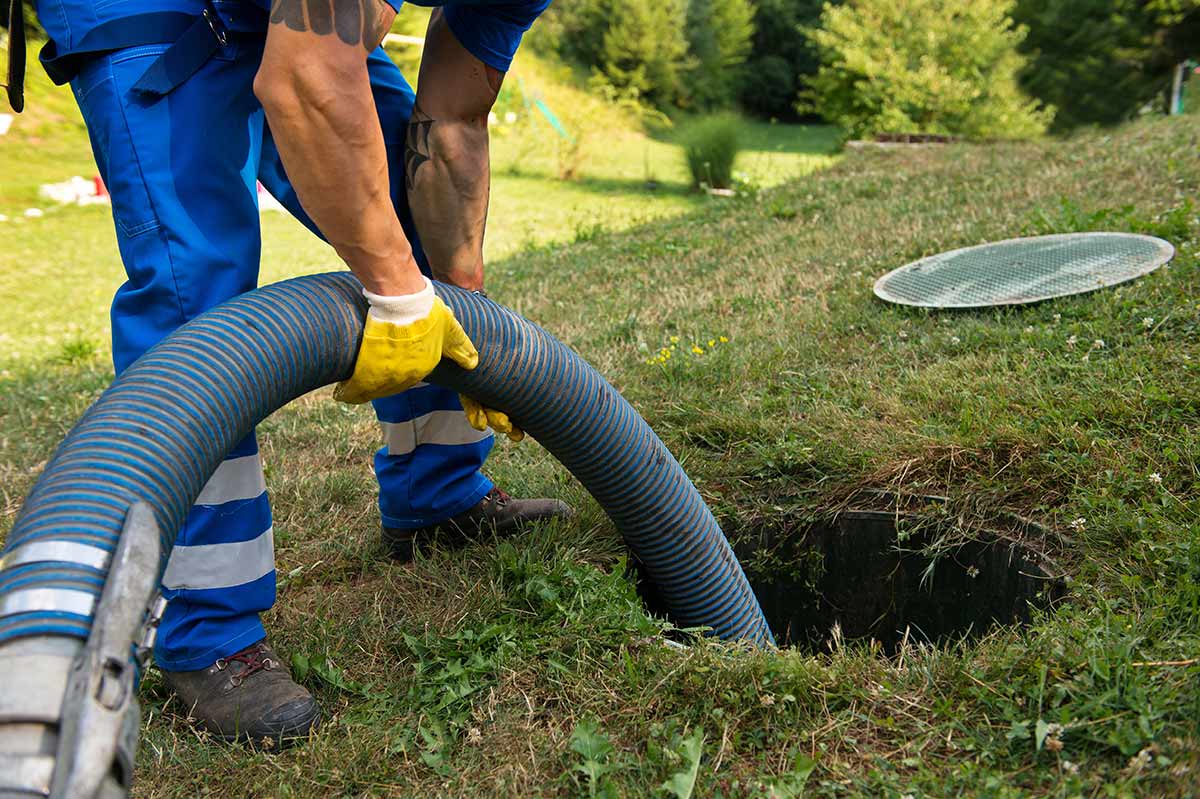
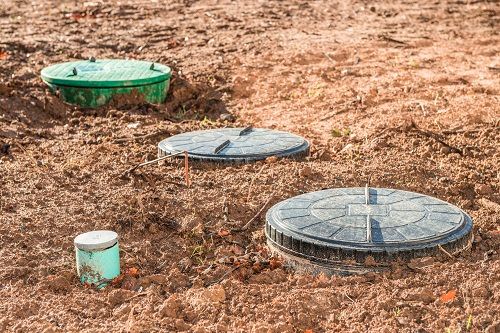





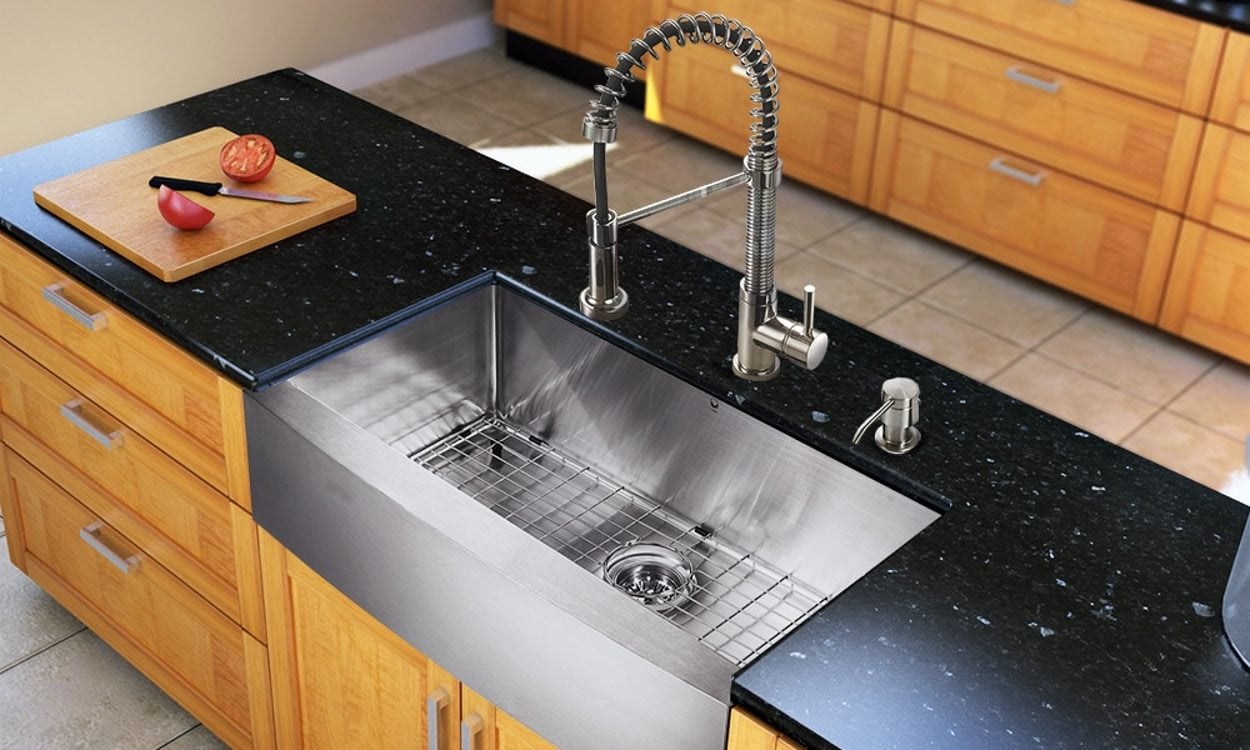

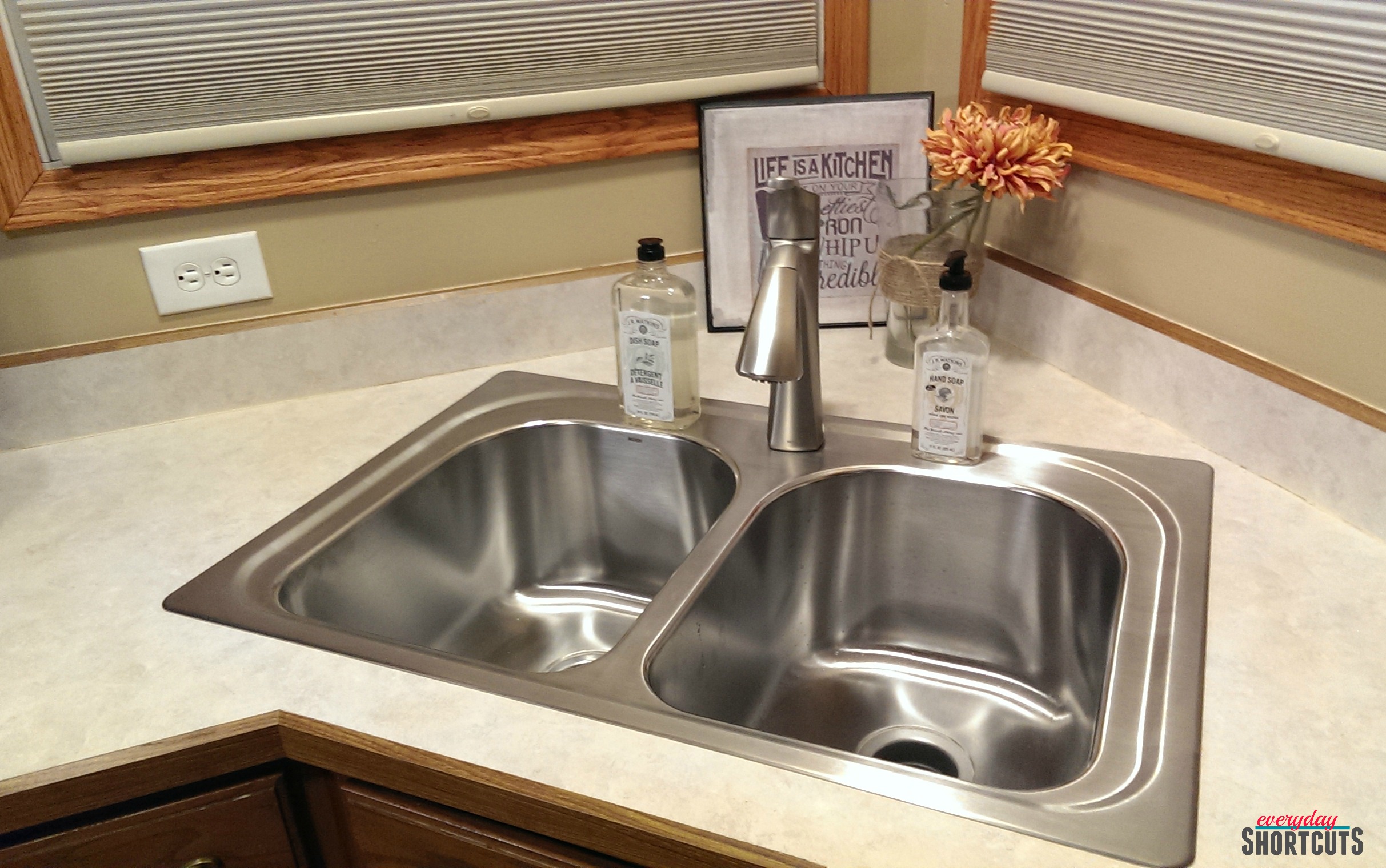
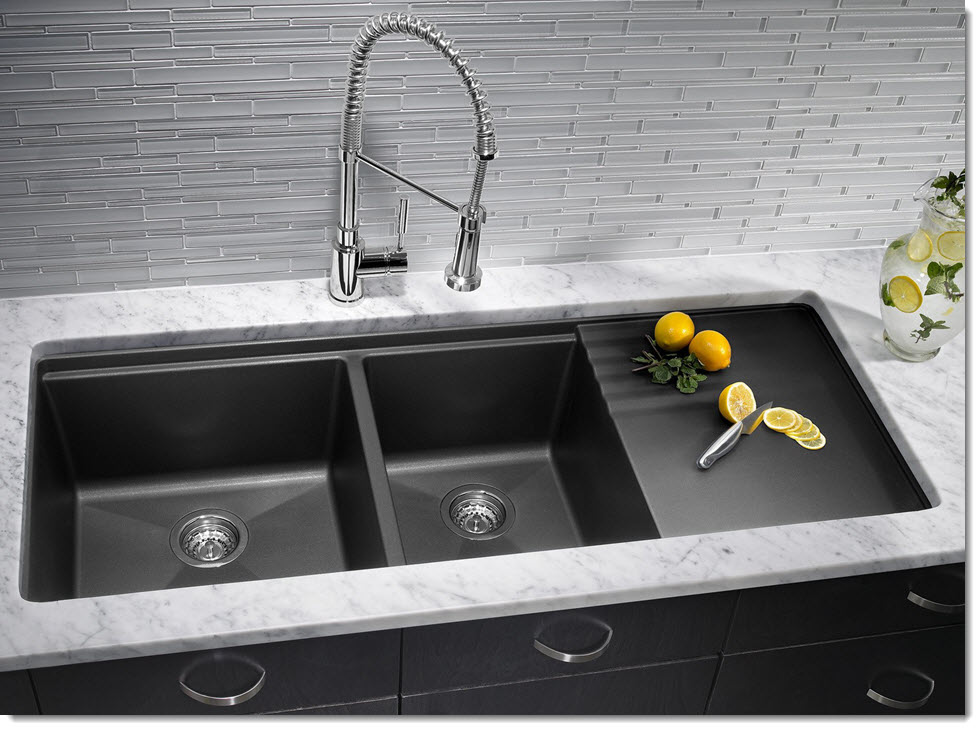
/interiors-of-the-kitchen-126173645-5835288f5f9b58d5b1b96af2.jpg)

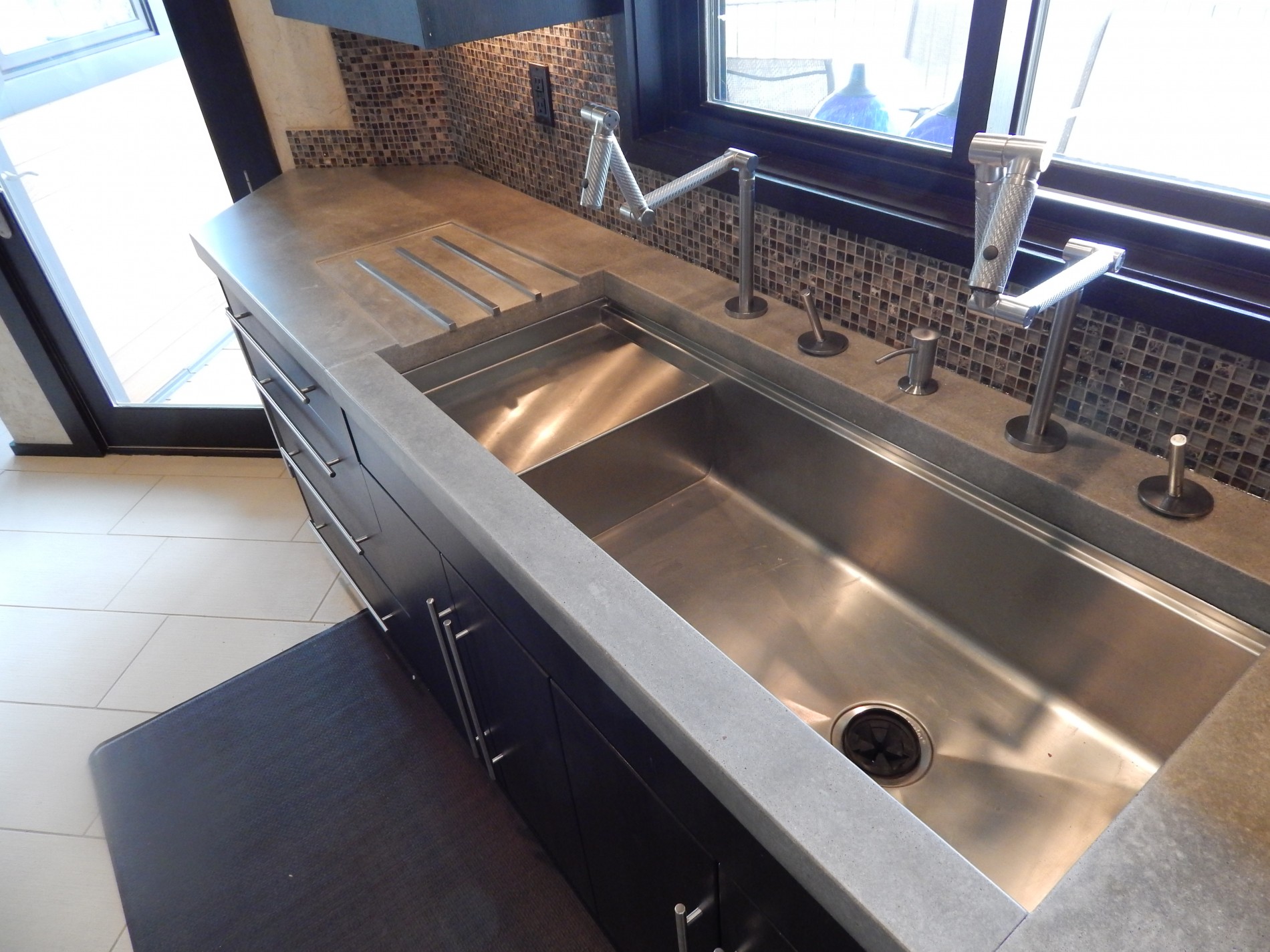




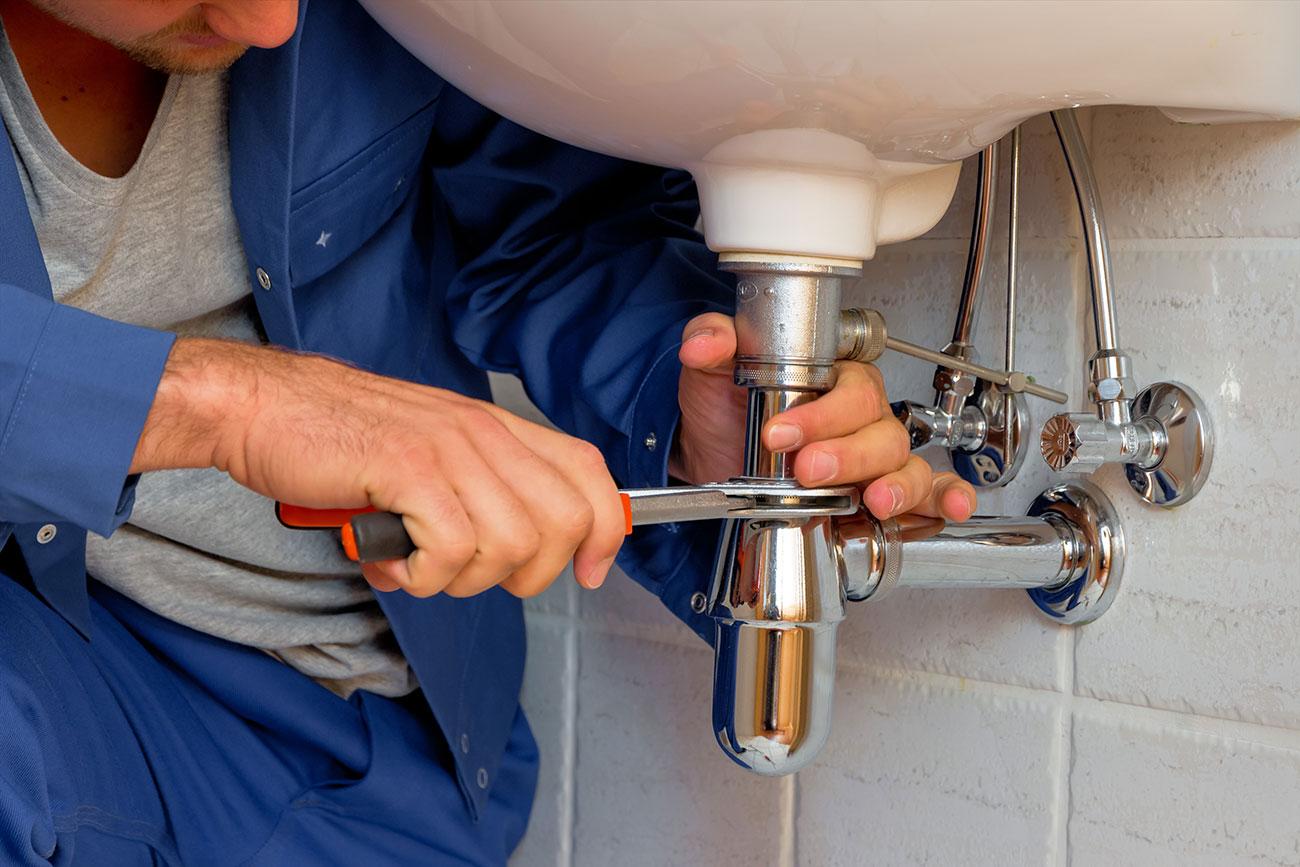
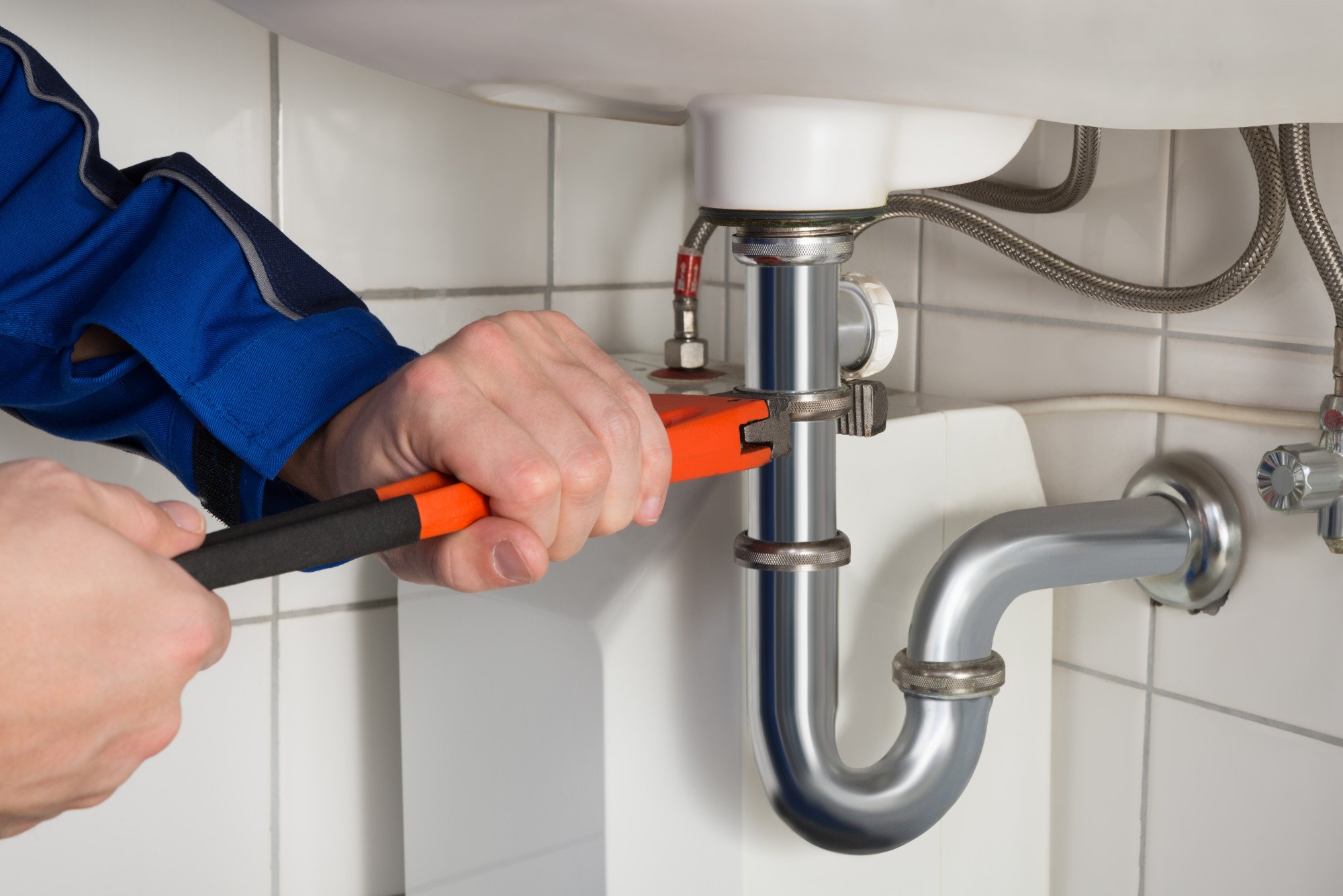
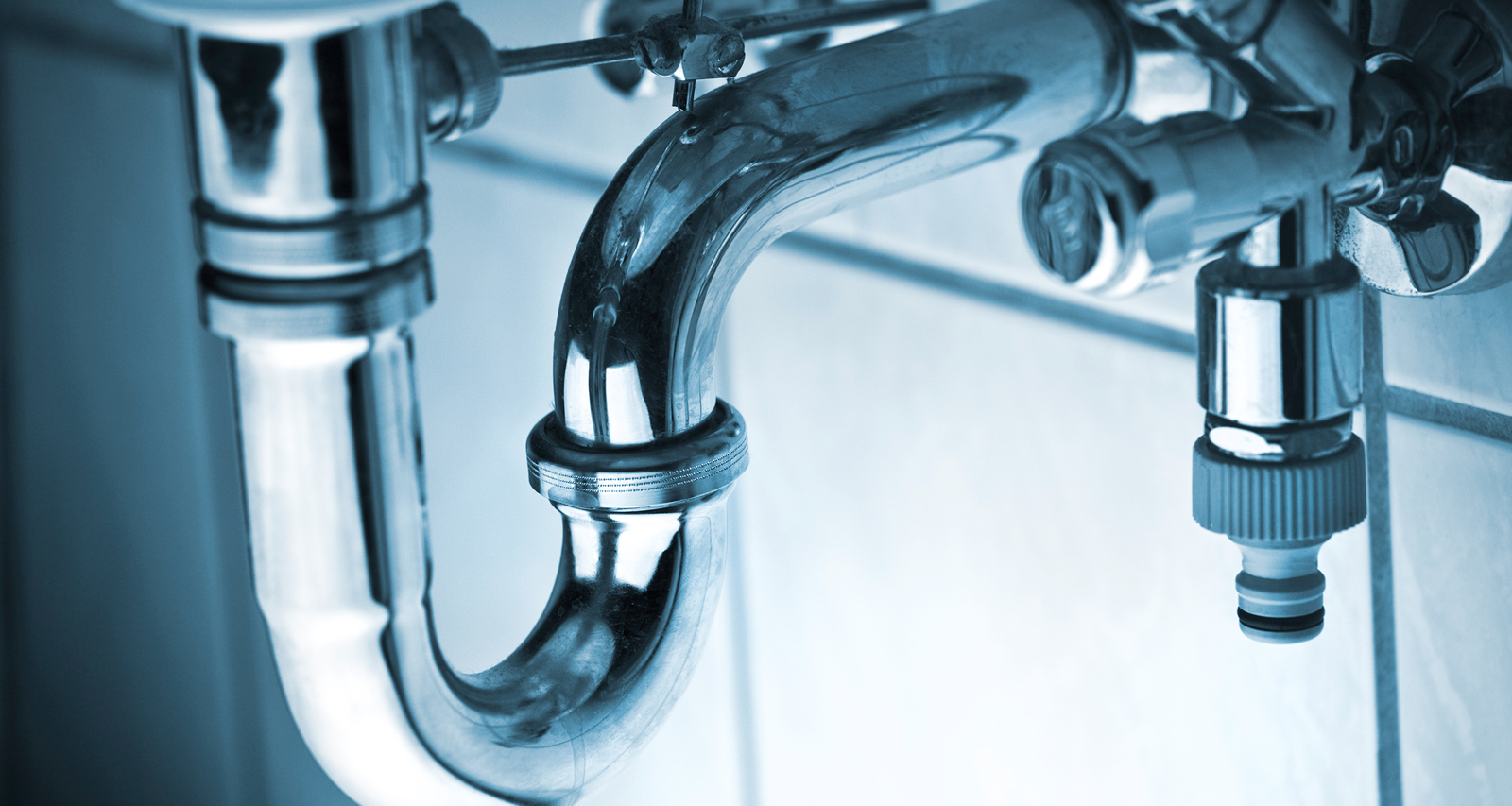

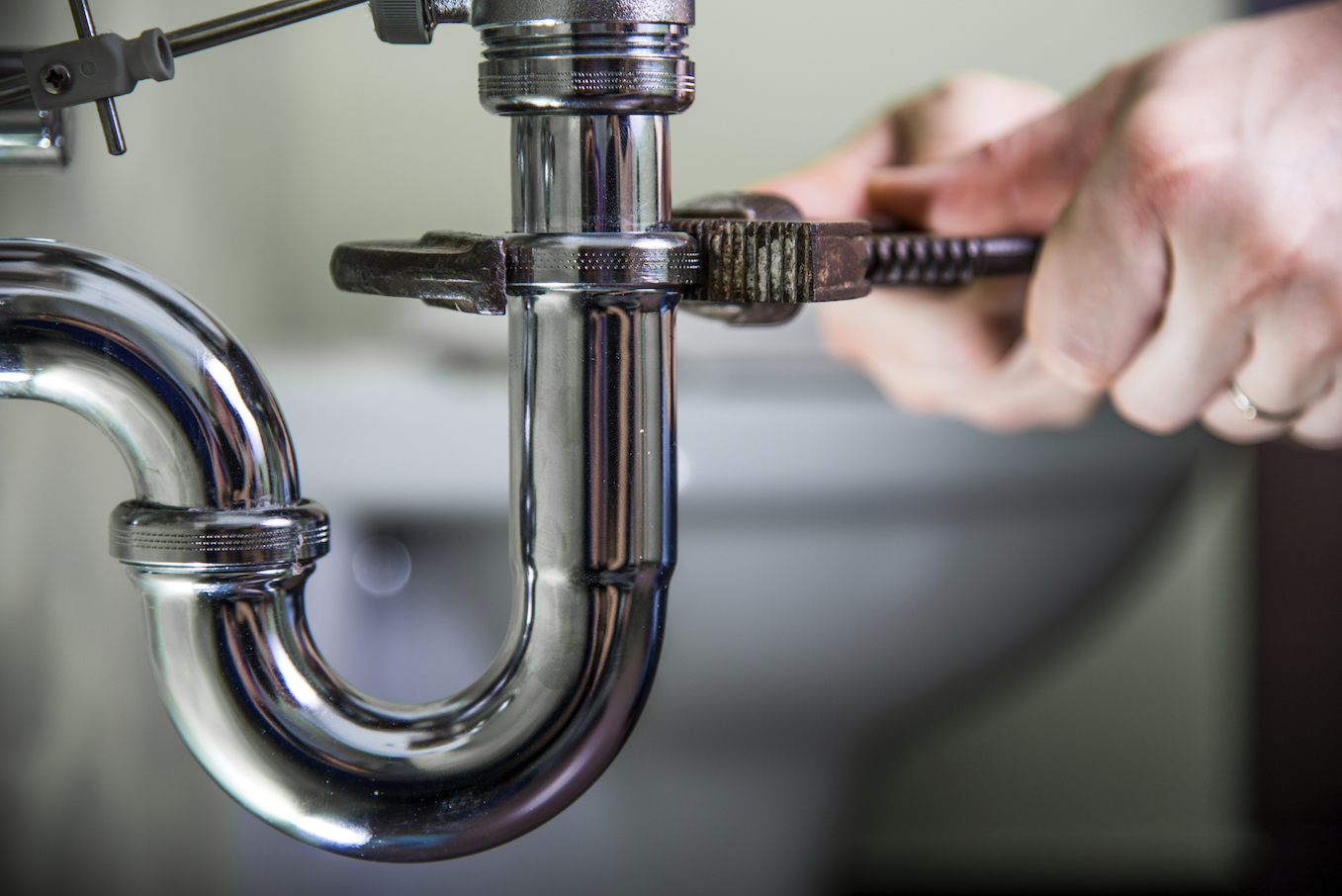
/Plastic-Plumbing-Pipe-183508152-58a47c925f9b58819c9c8ac6.jpg)

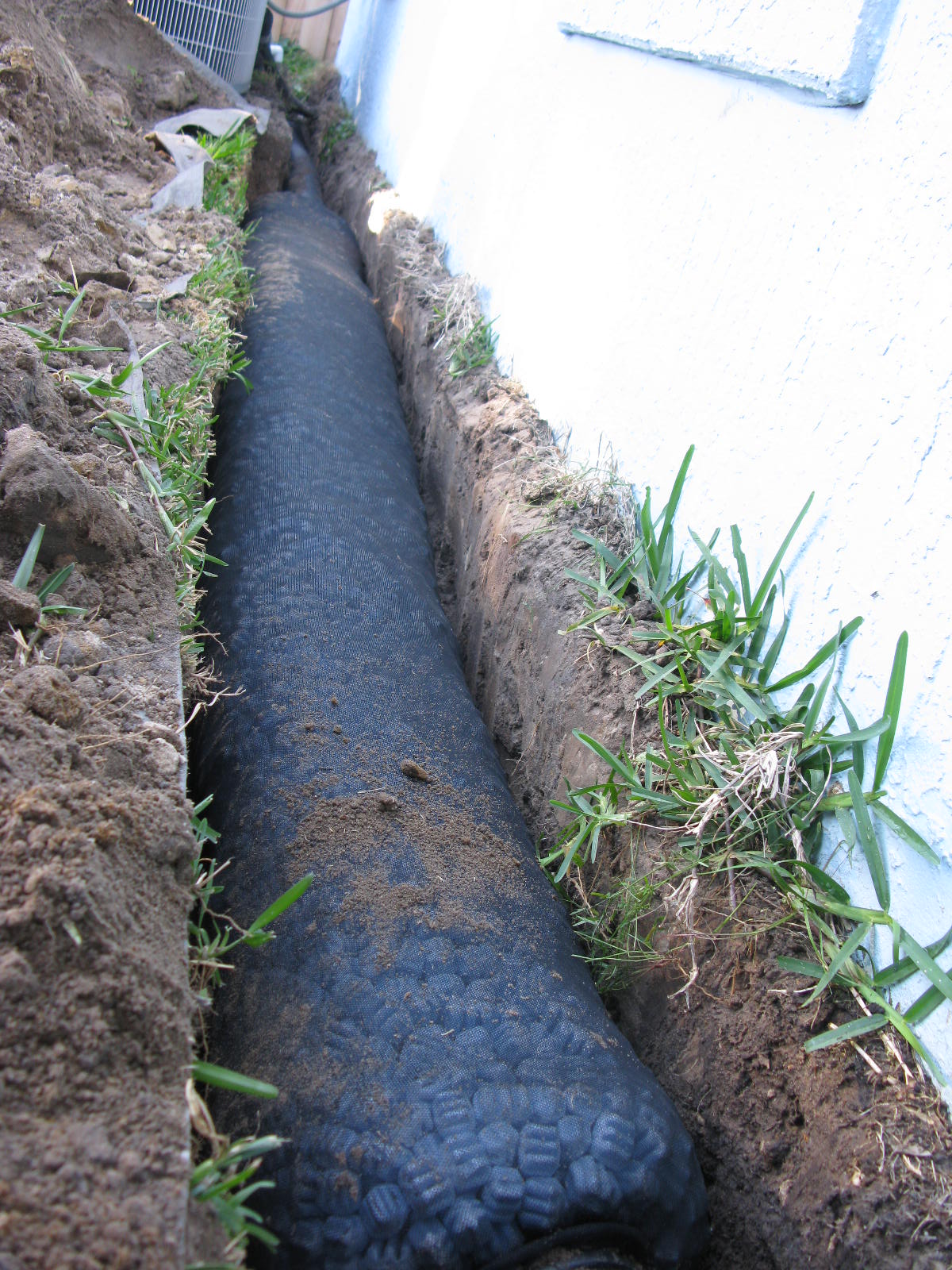
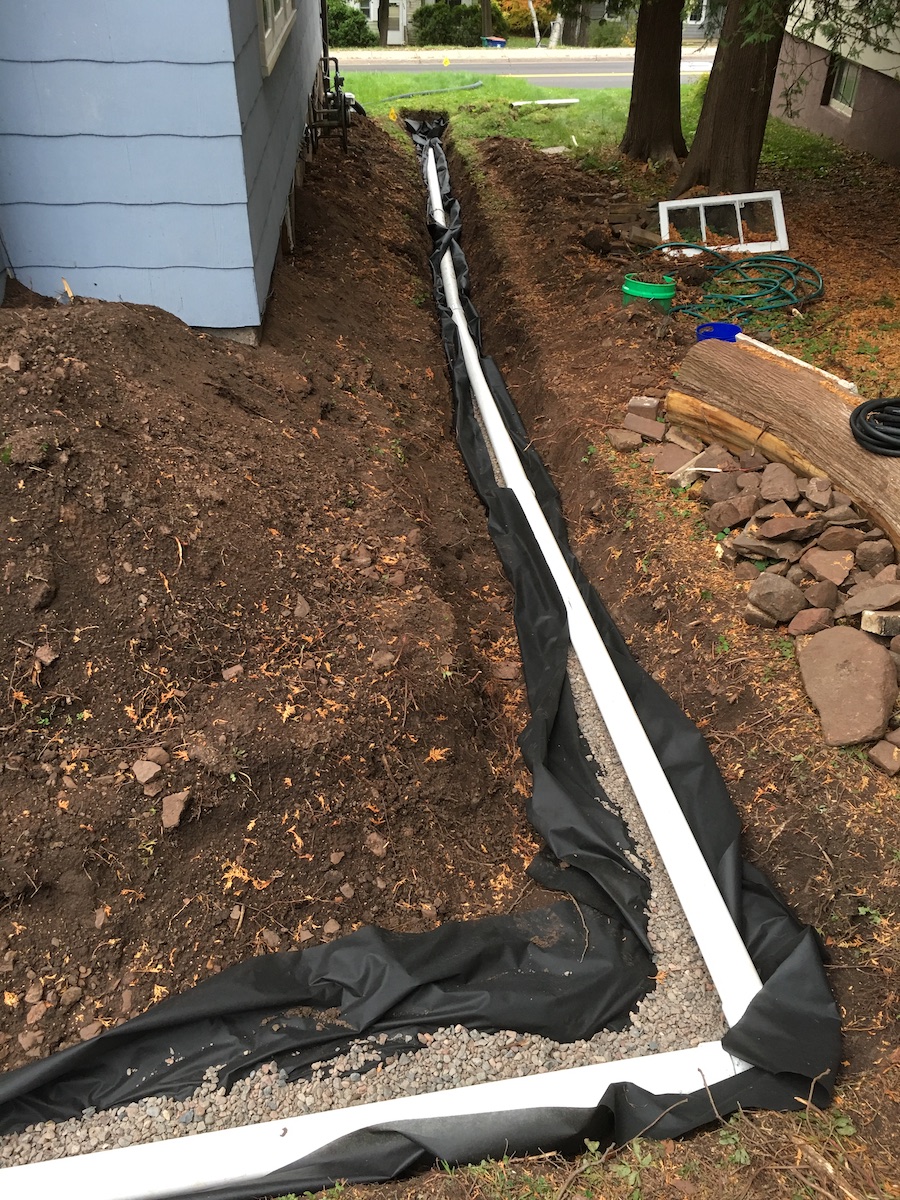
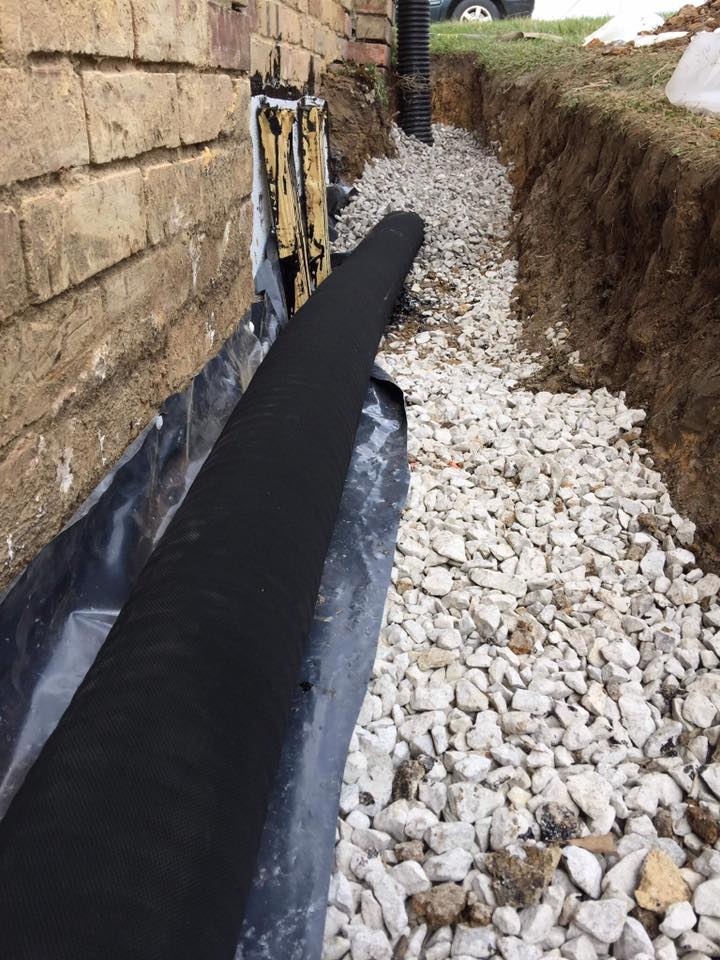
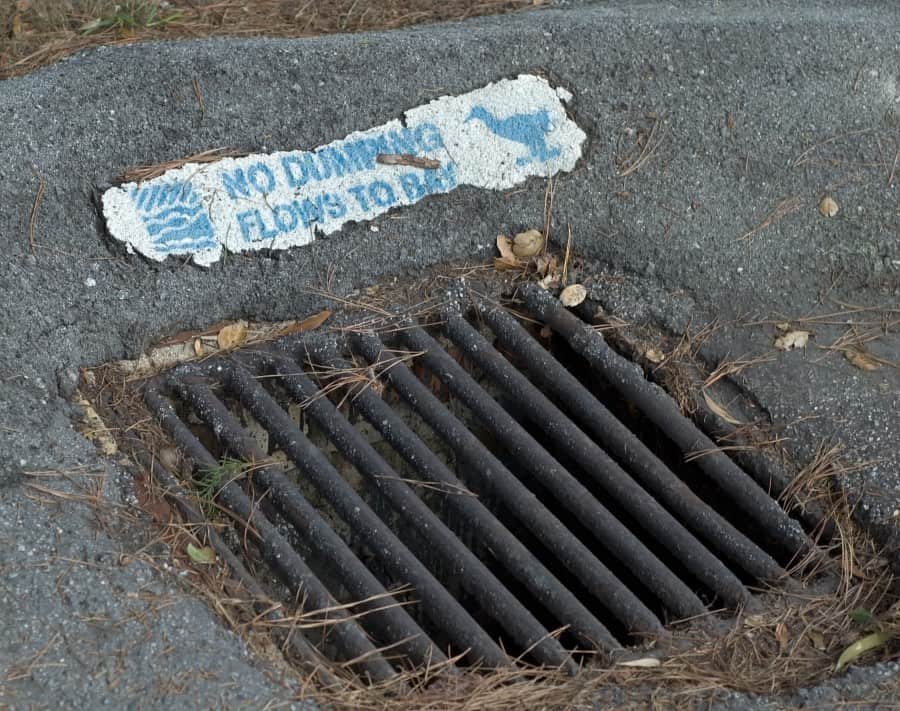
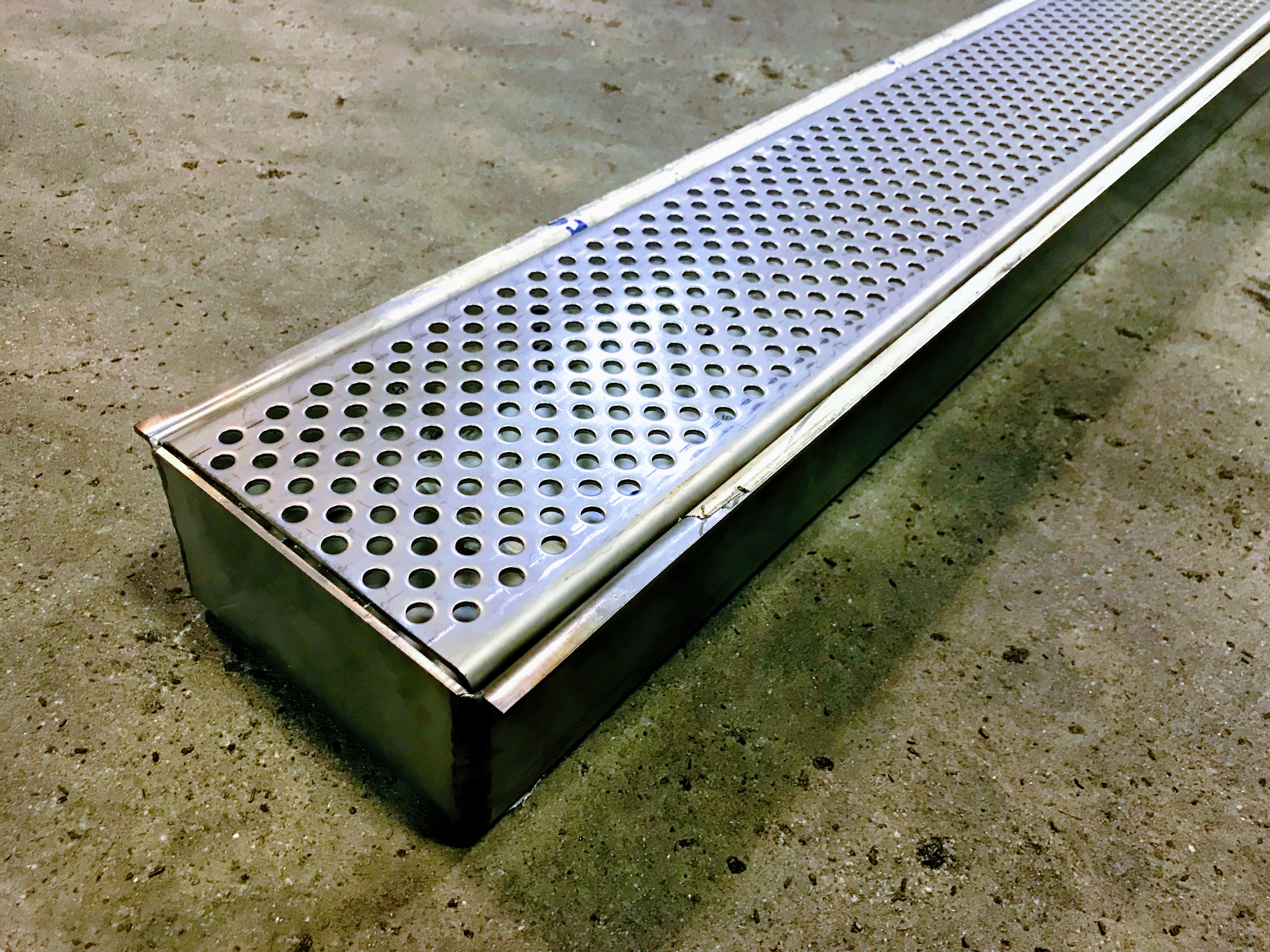
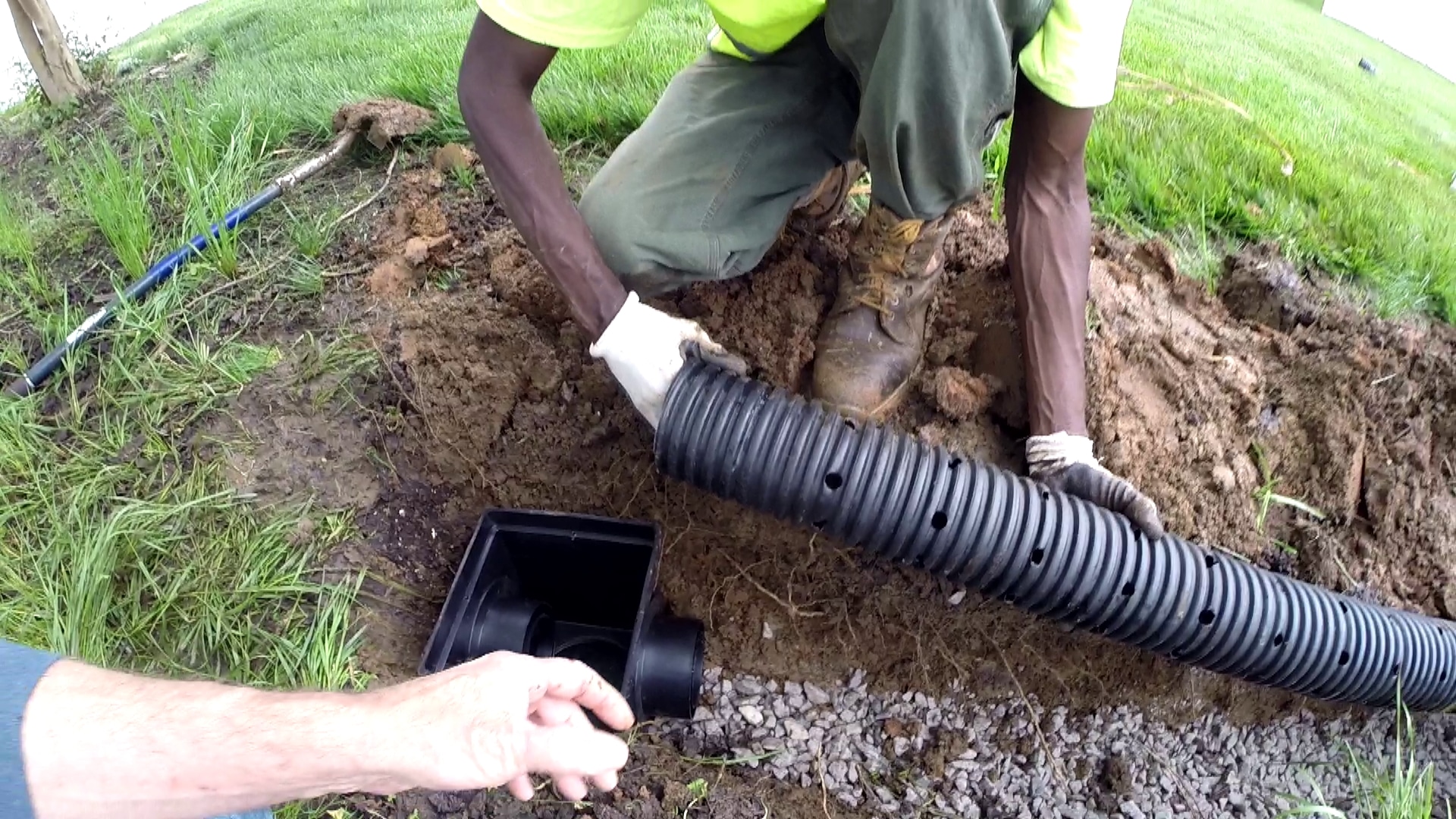
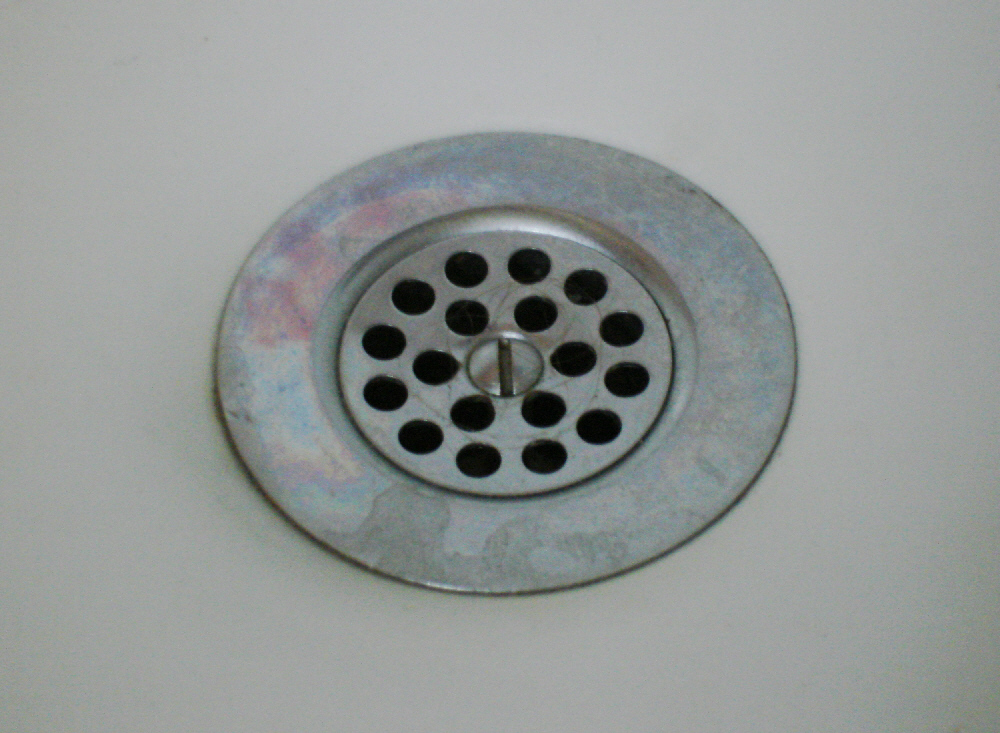
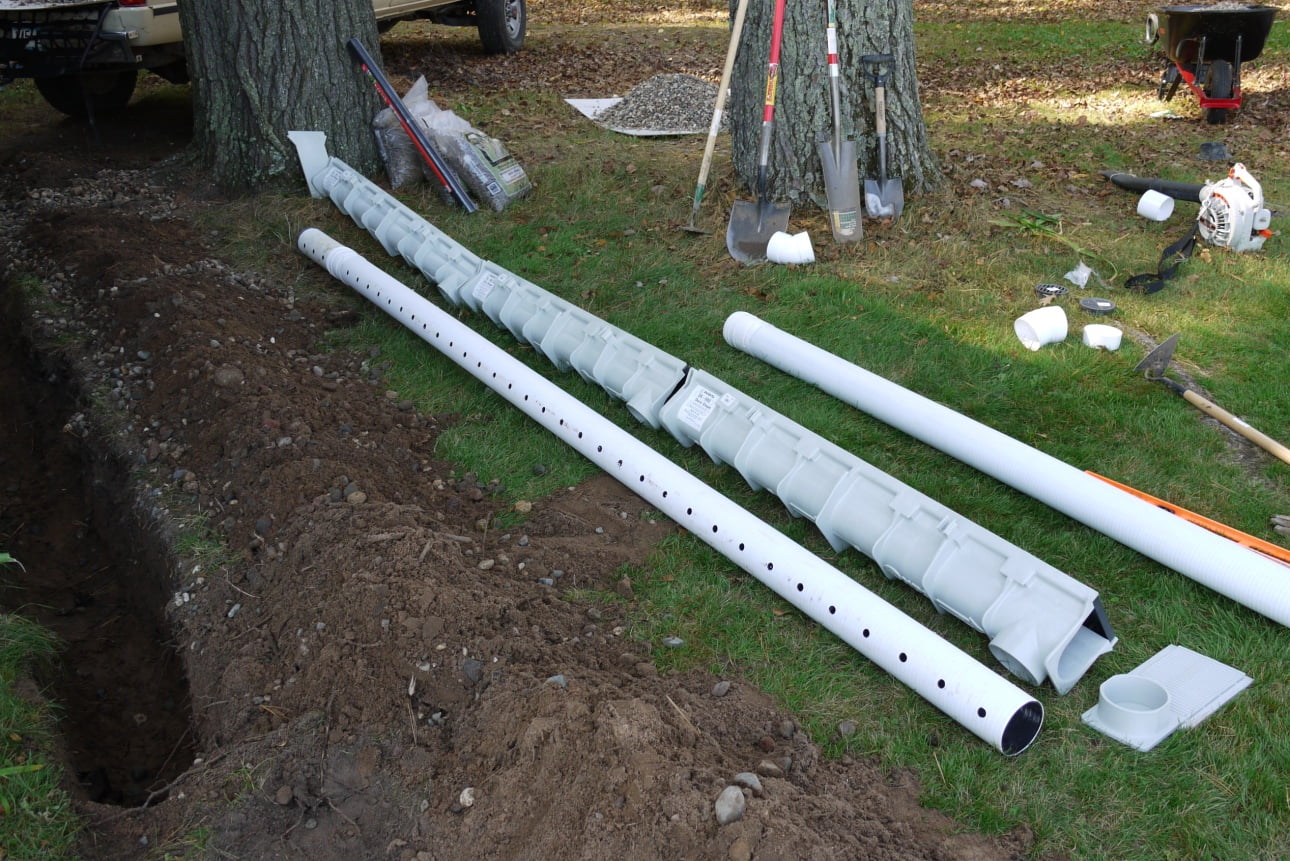

:max_bytes(150000):strip_icc()/YardDrain-fece28c29d6044e692d8974d567d1fcc.jpg)
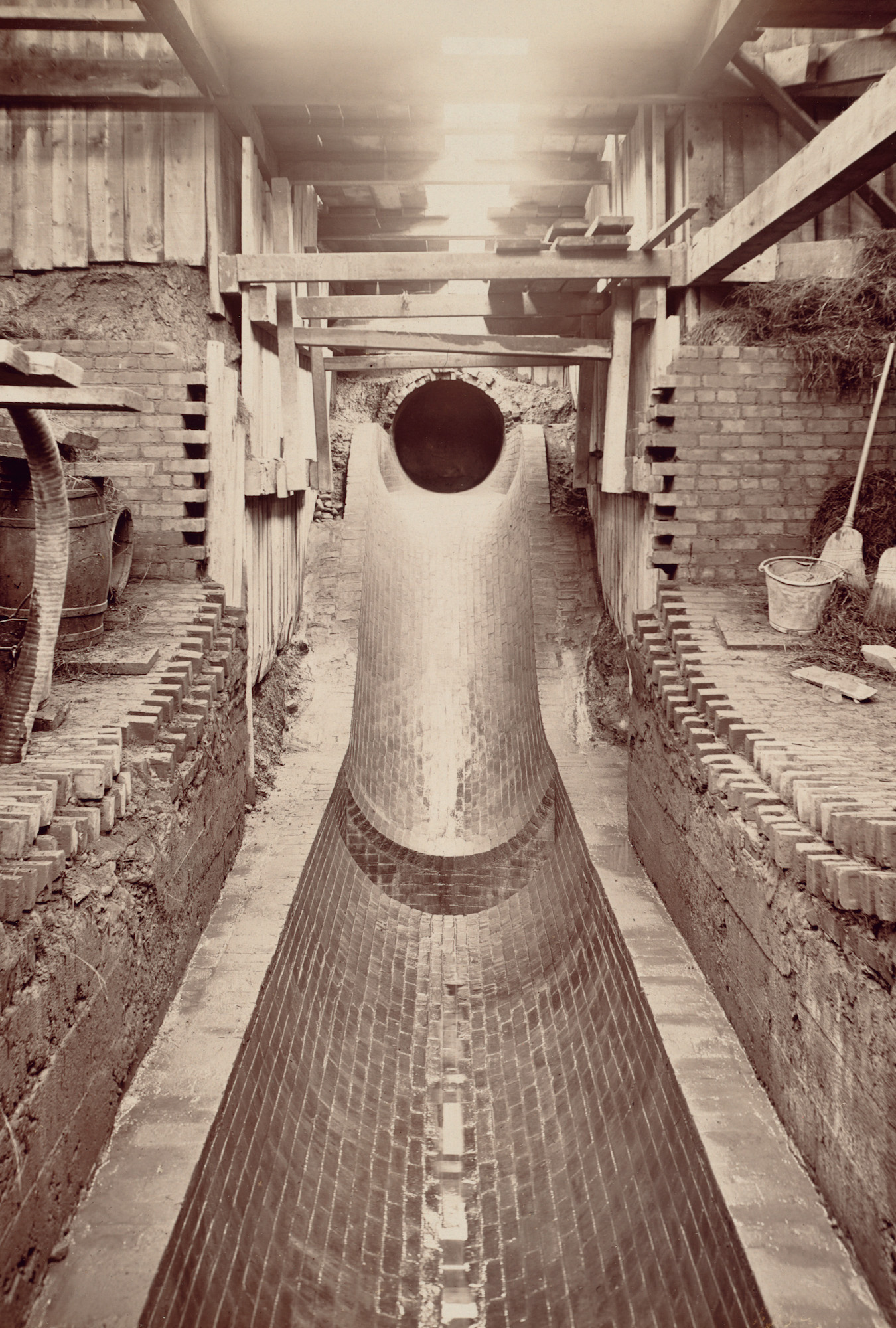
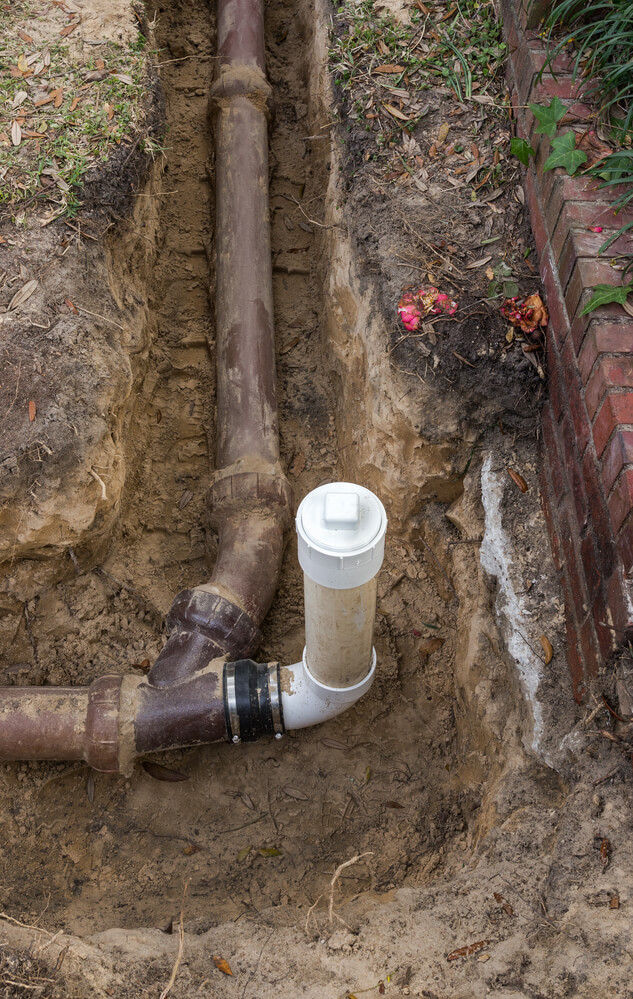


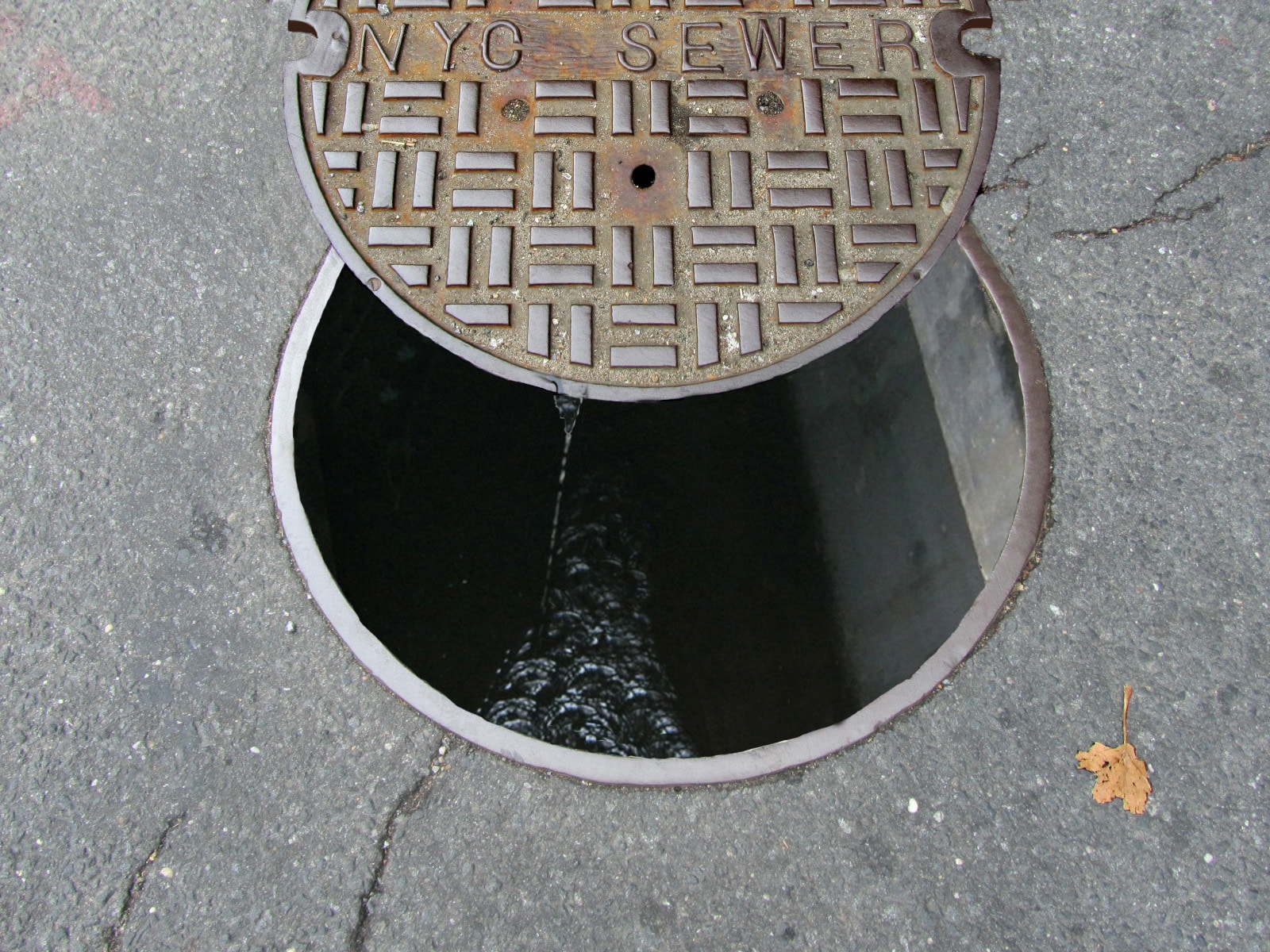
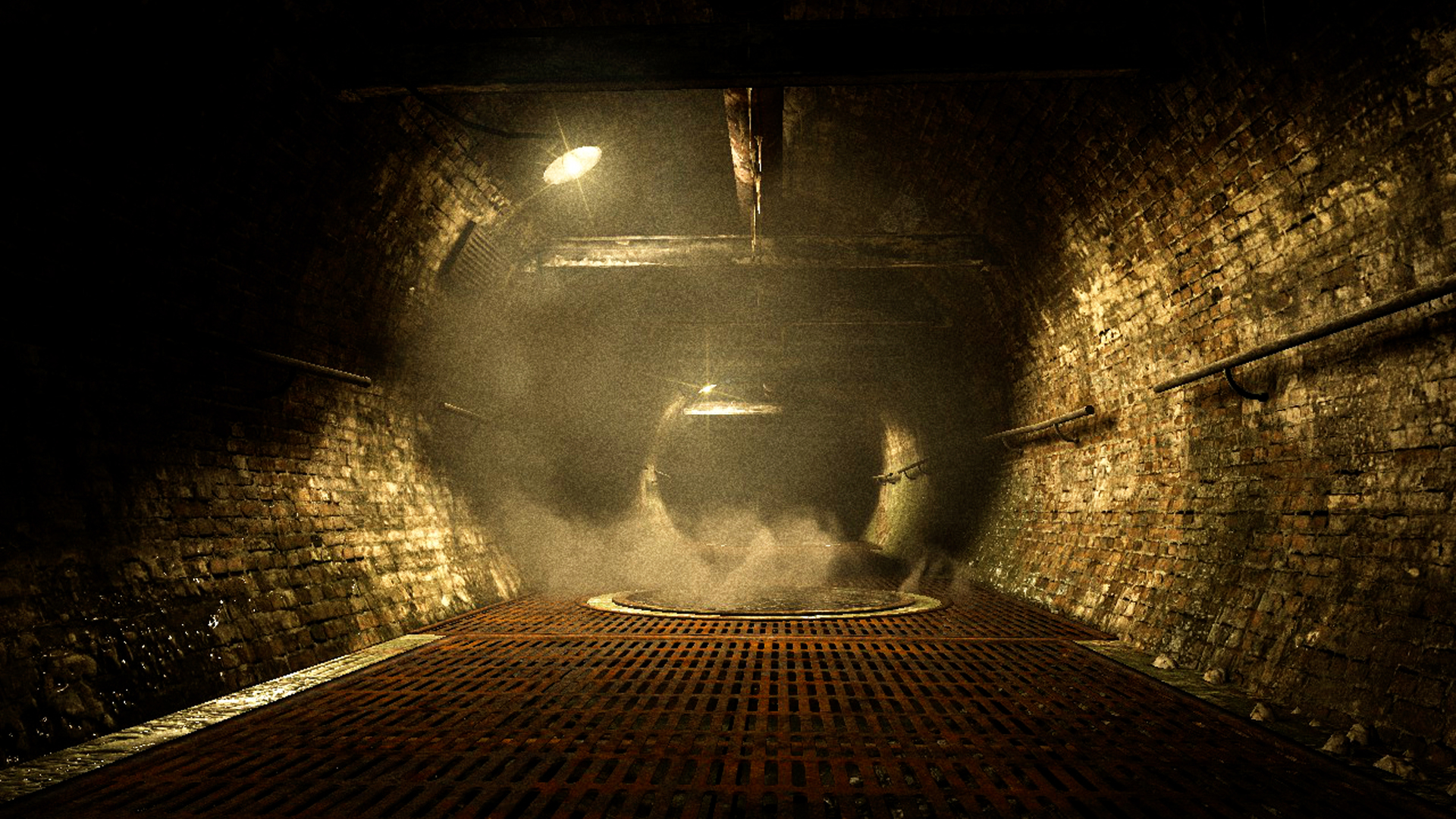

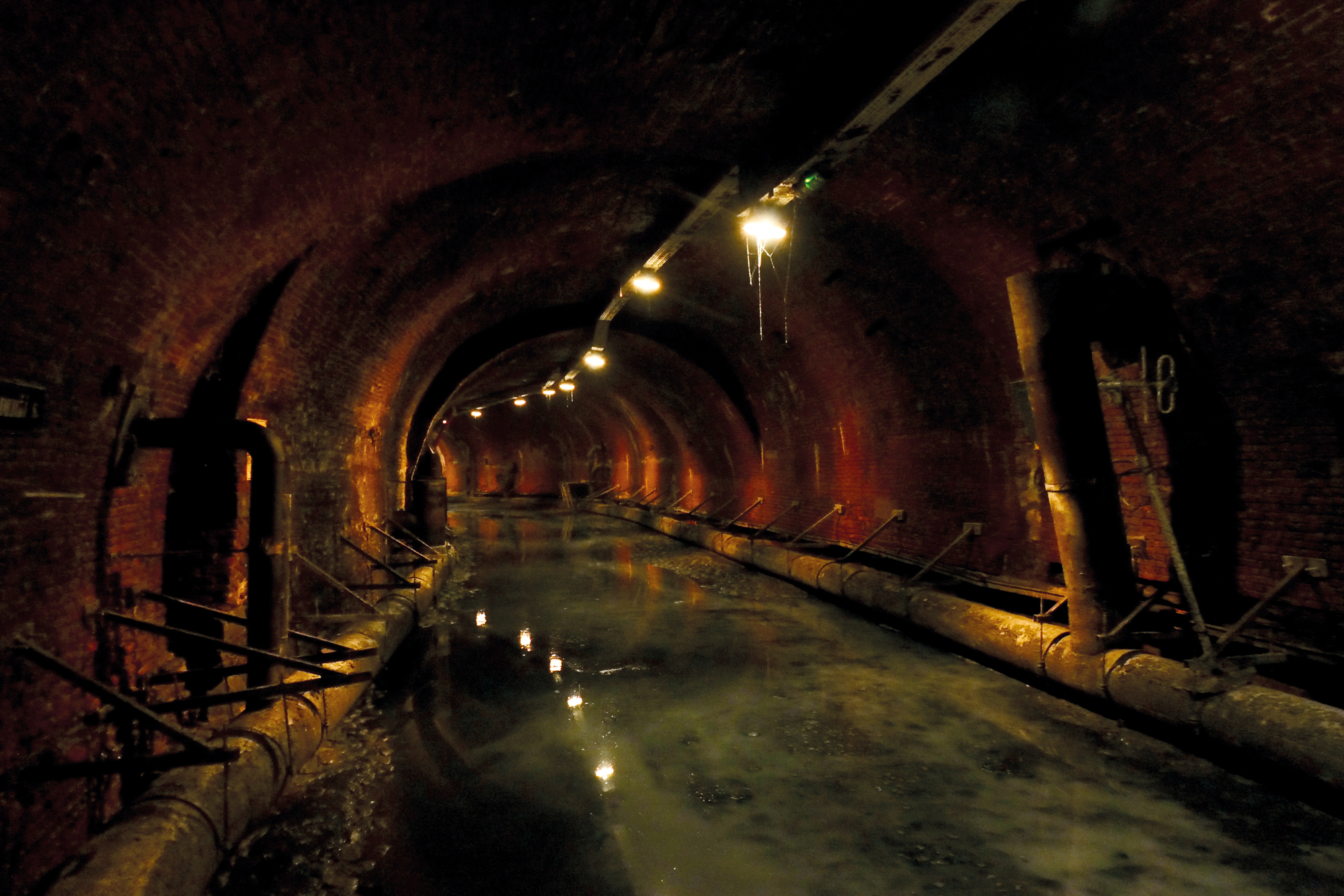
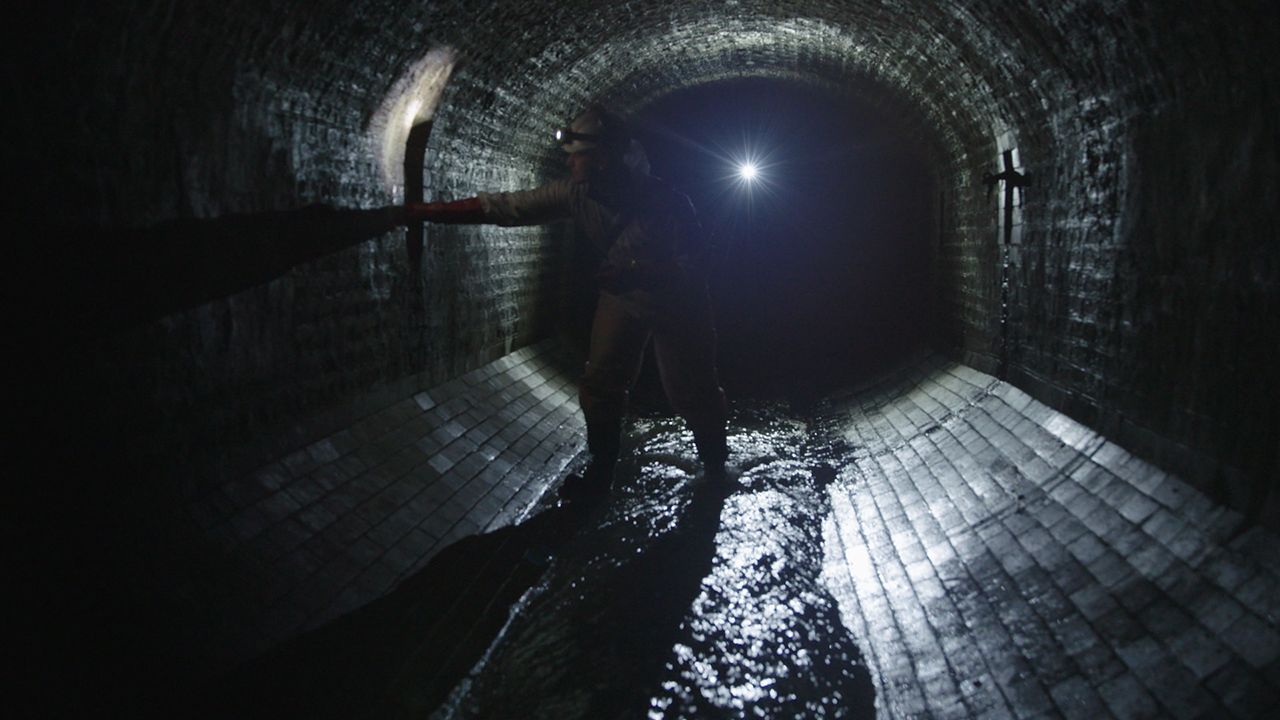

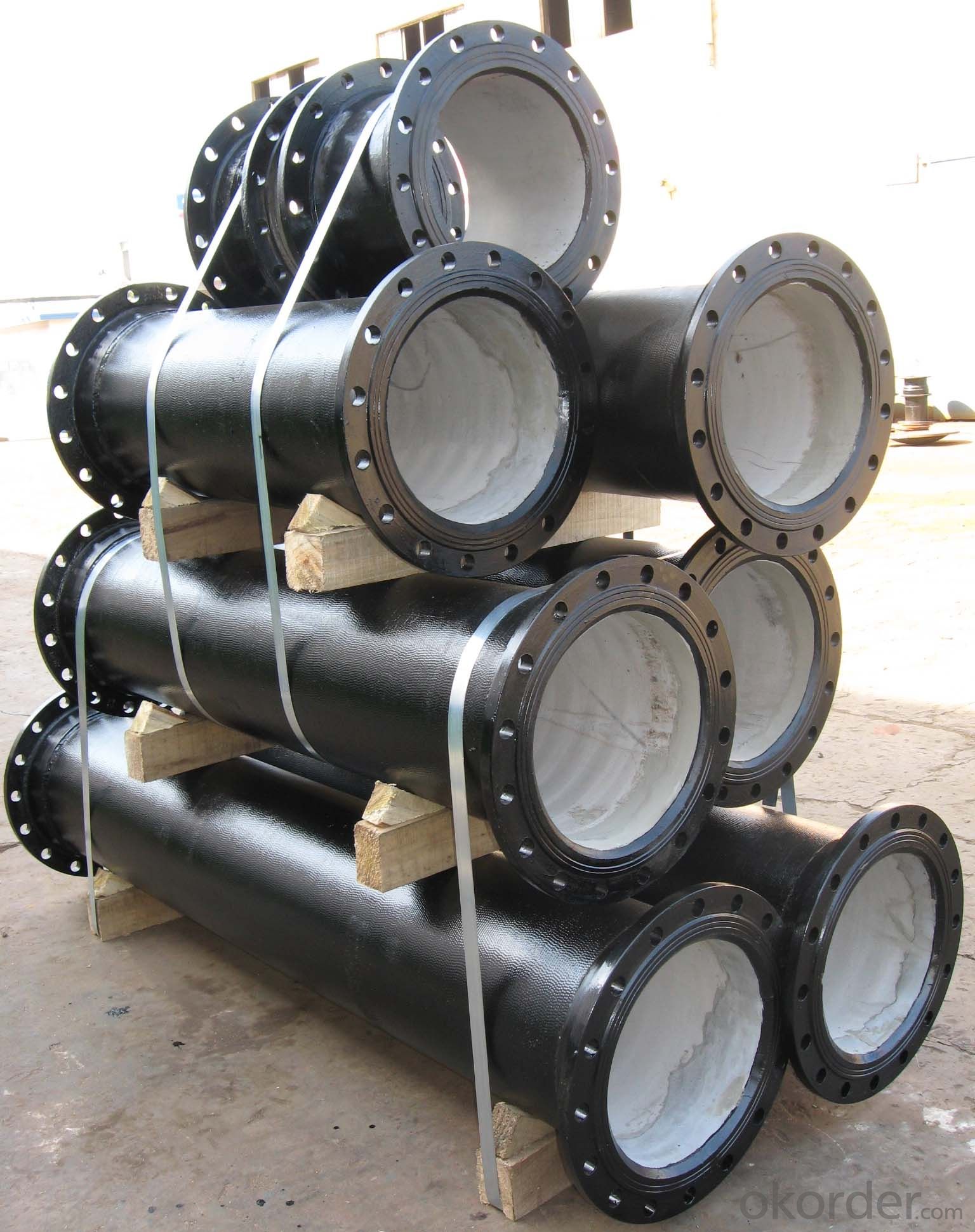




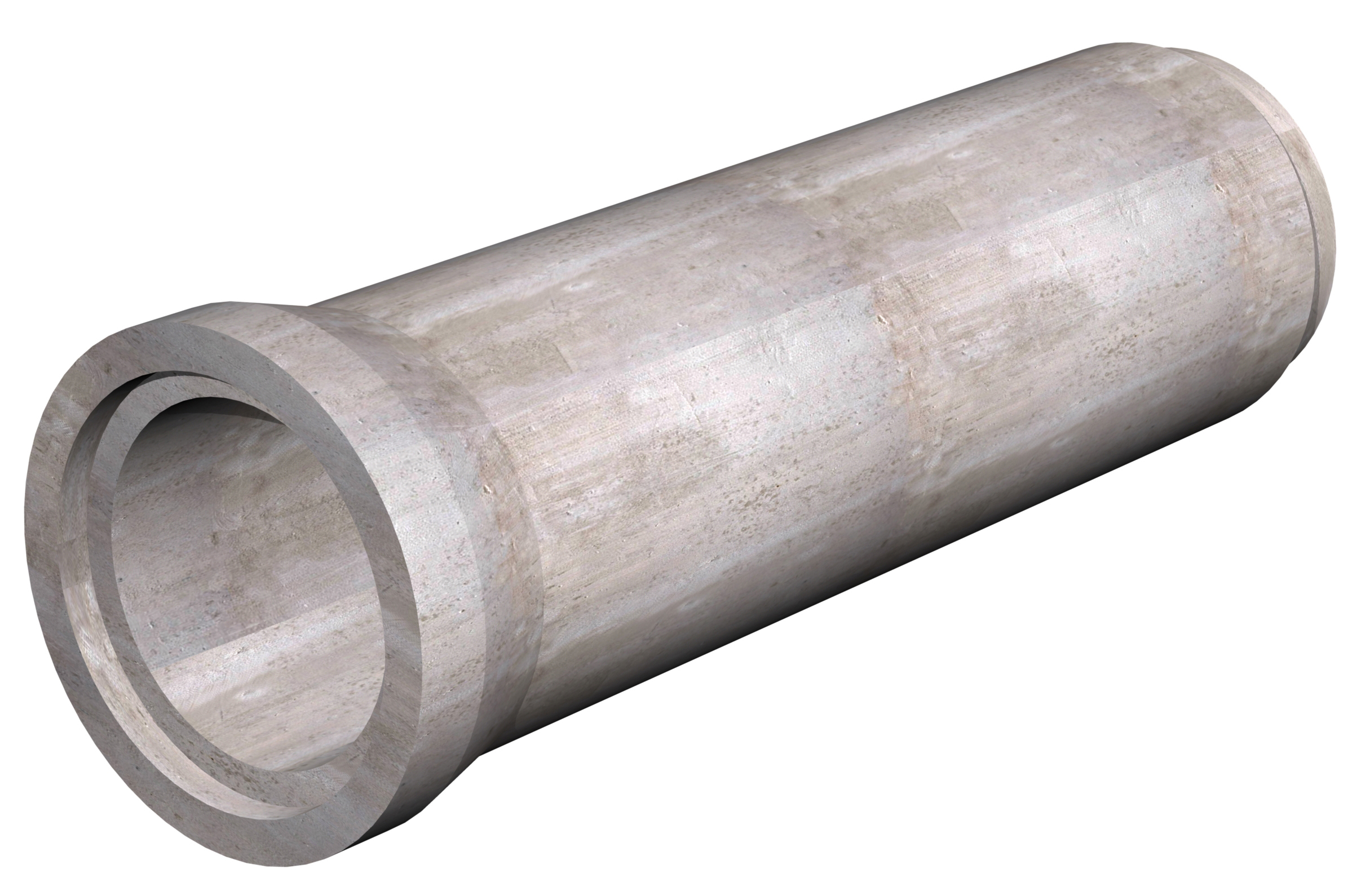
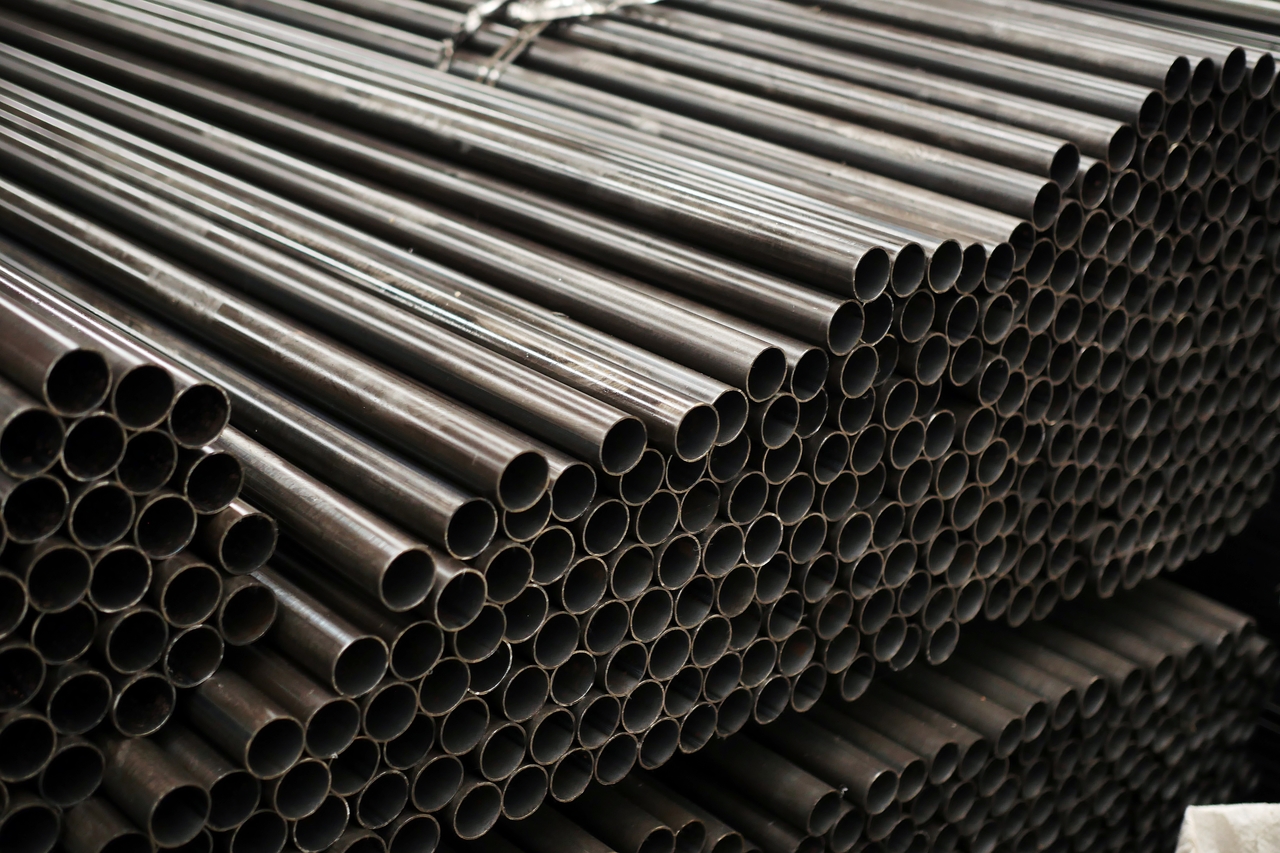

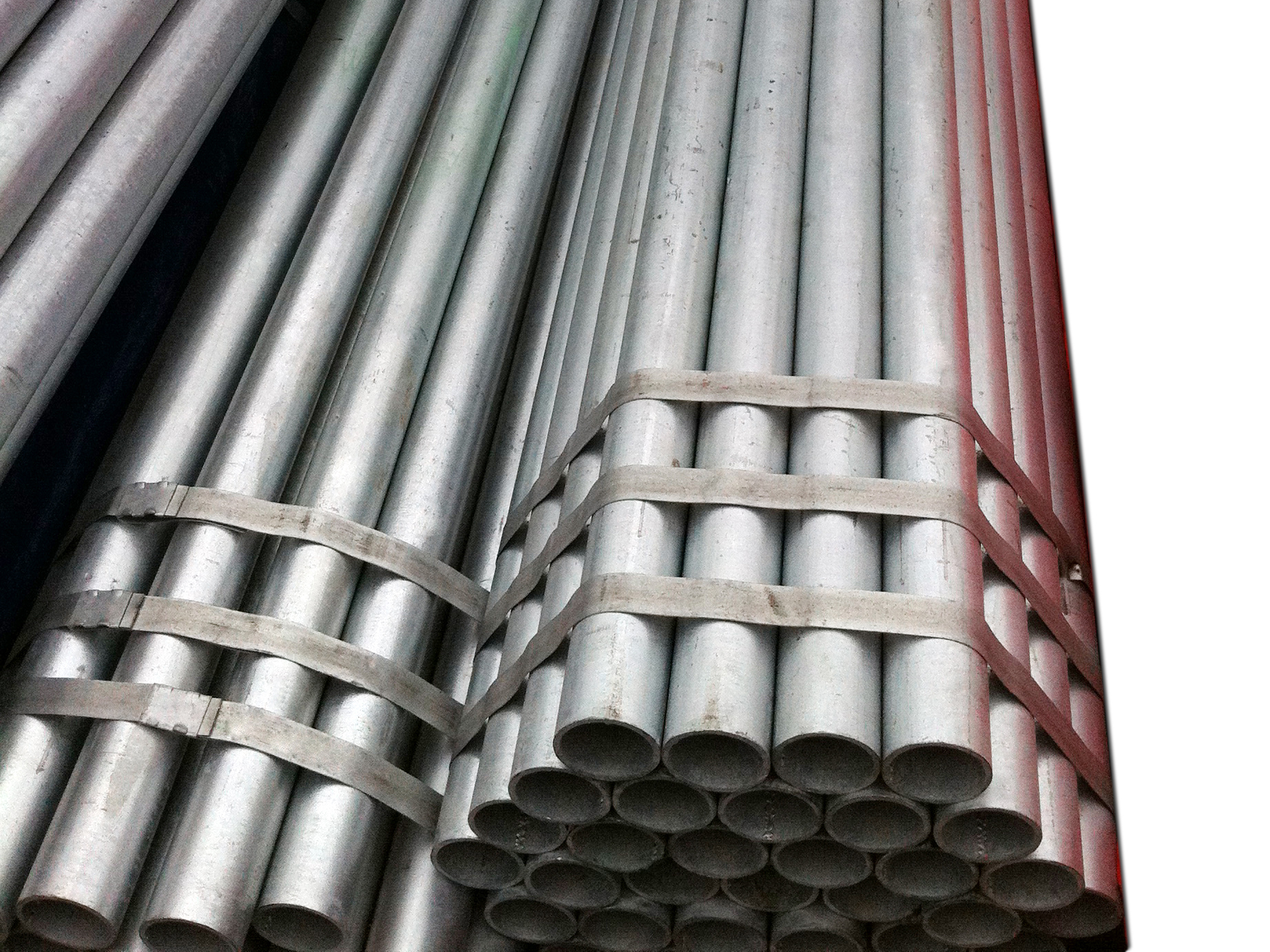














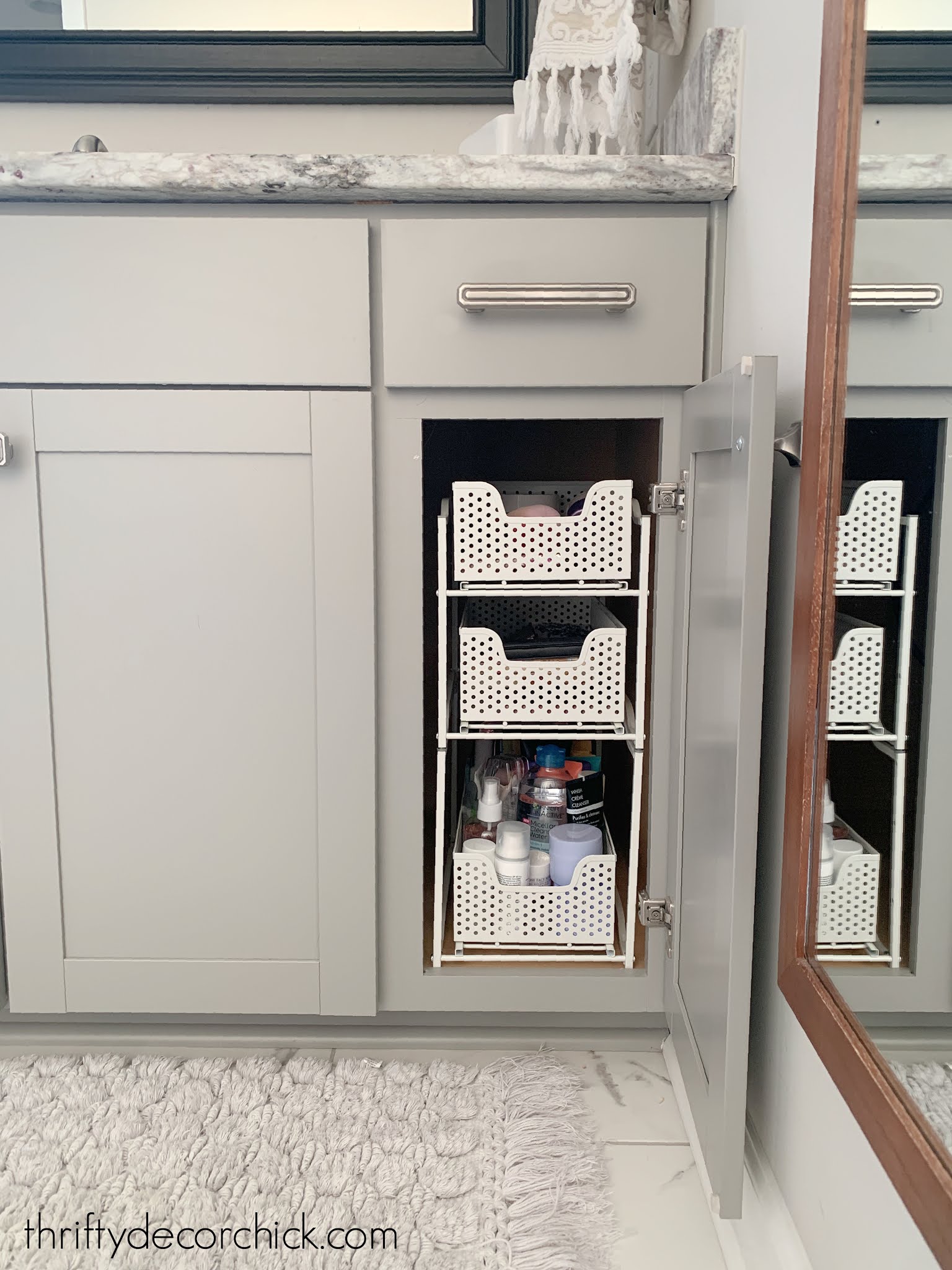
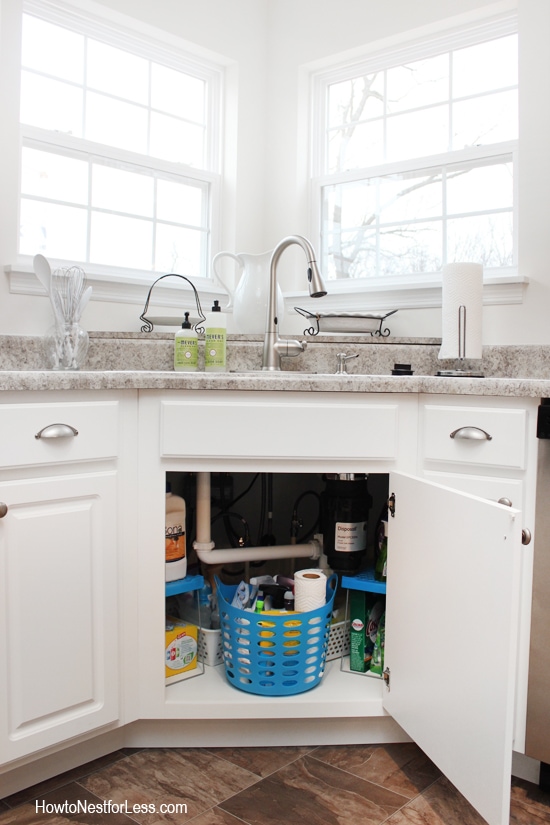
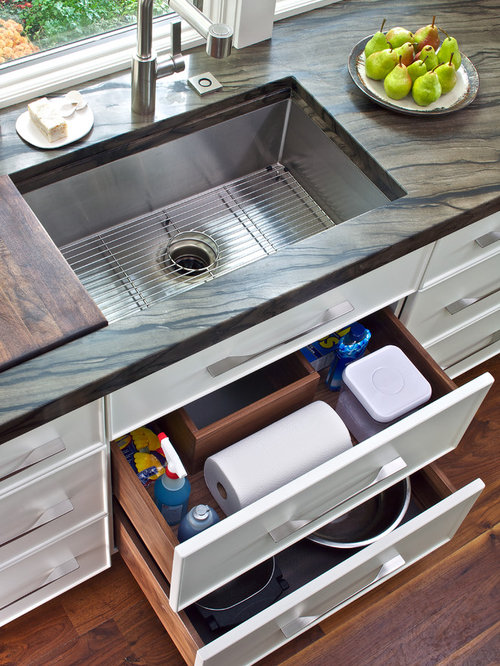
.jpg)


